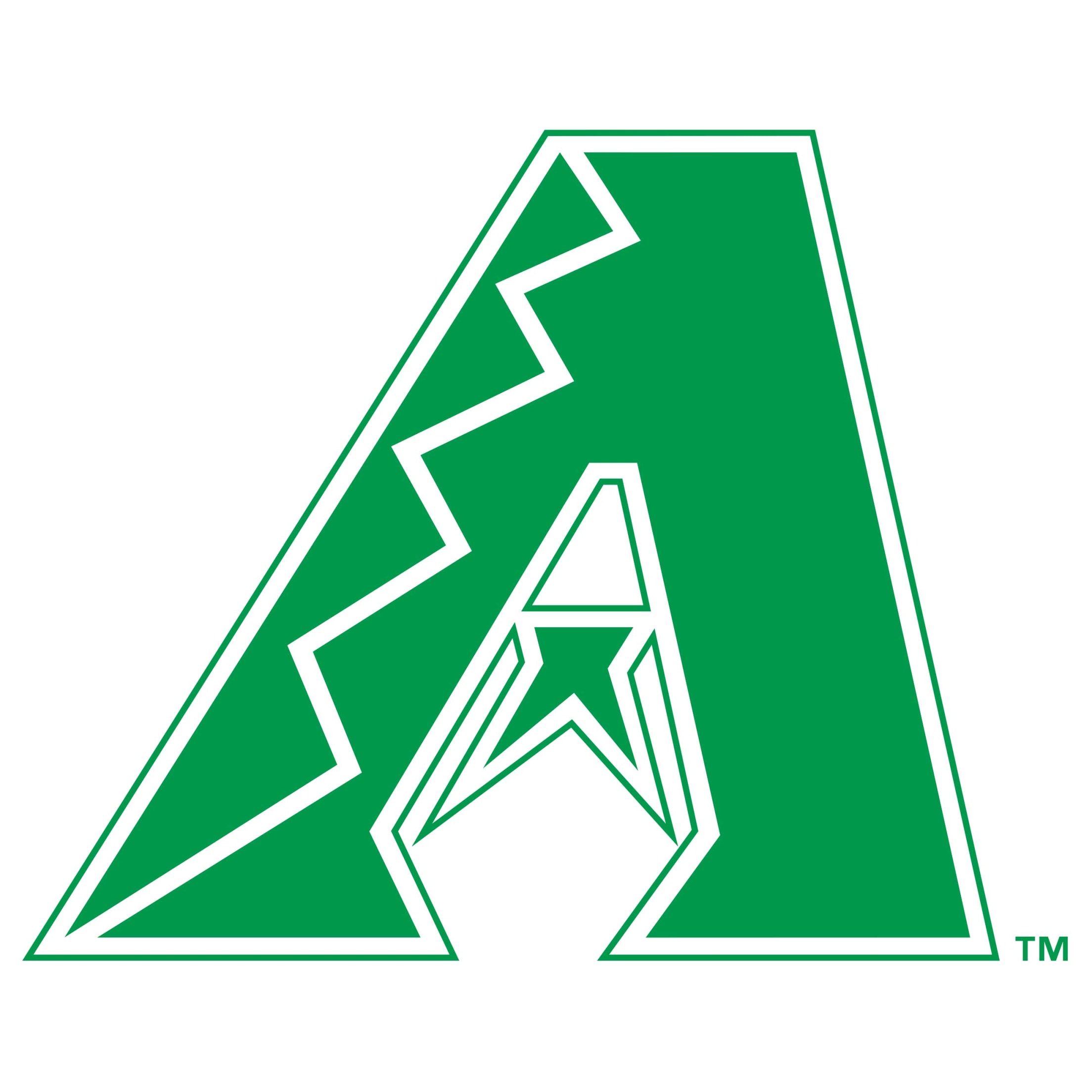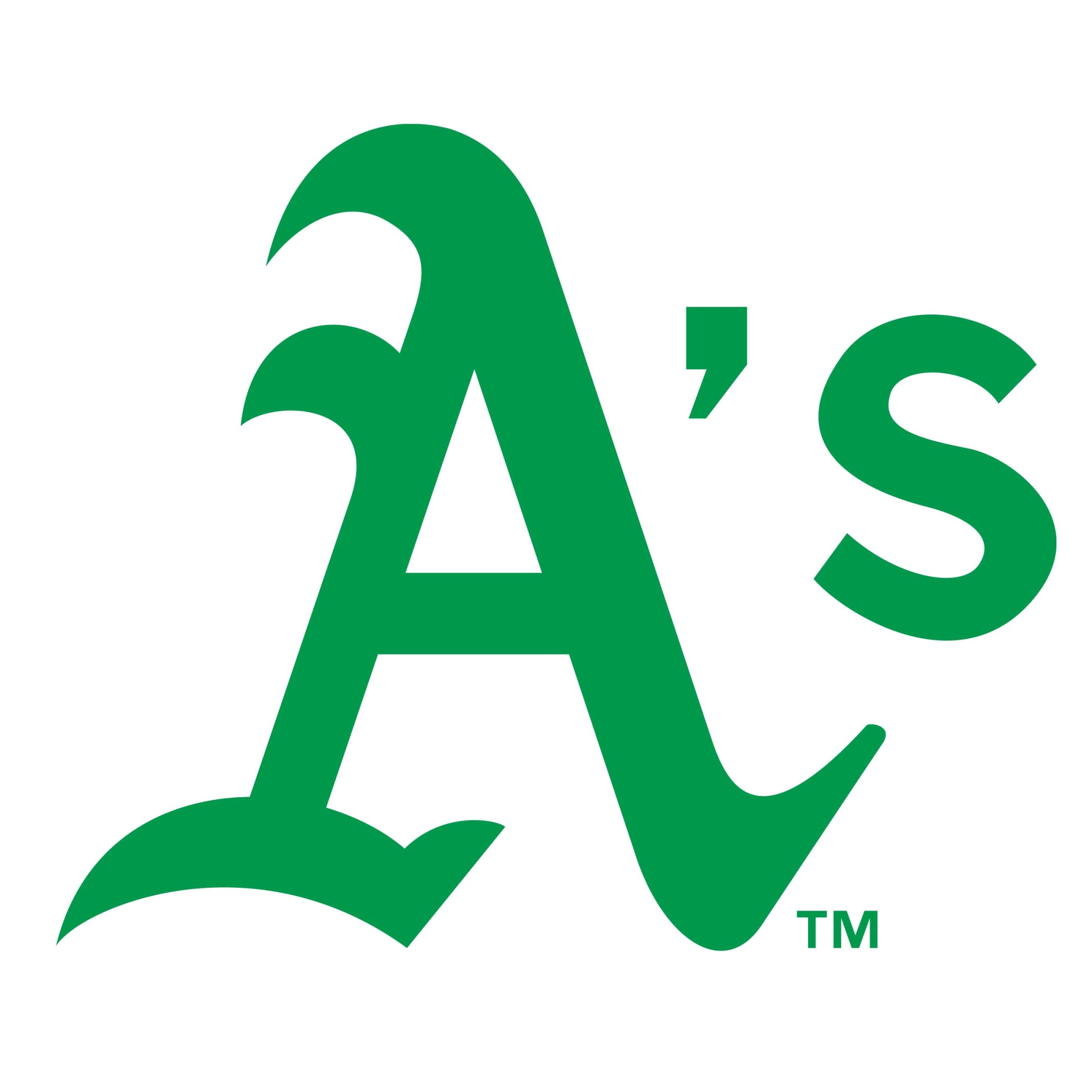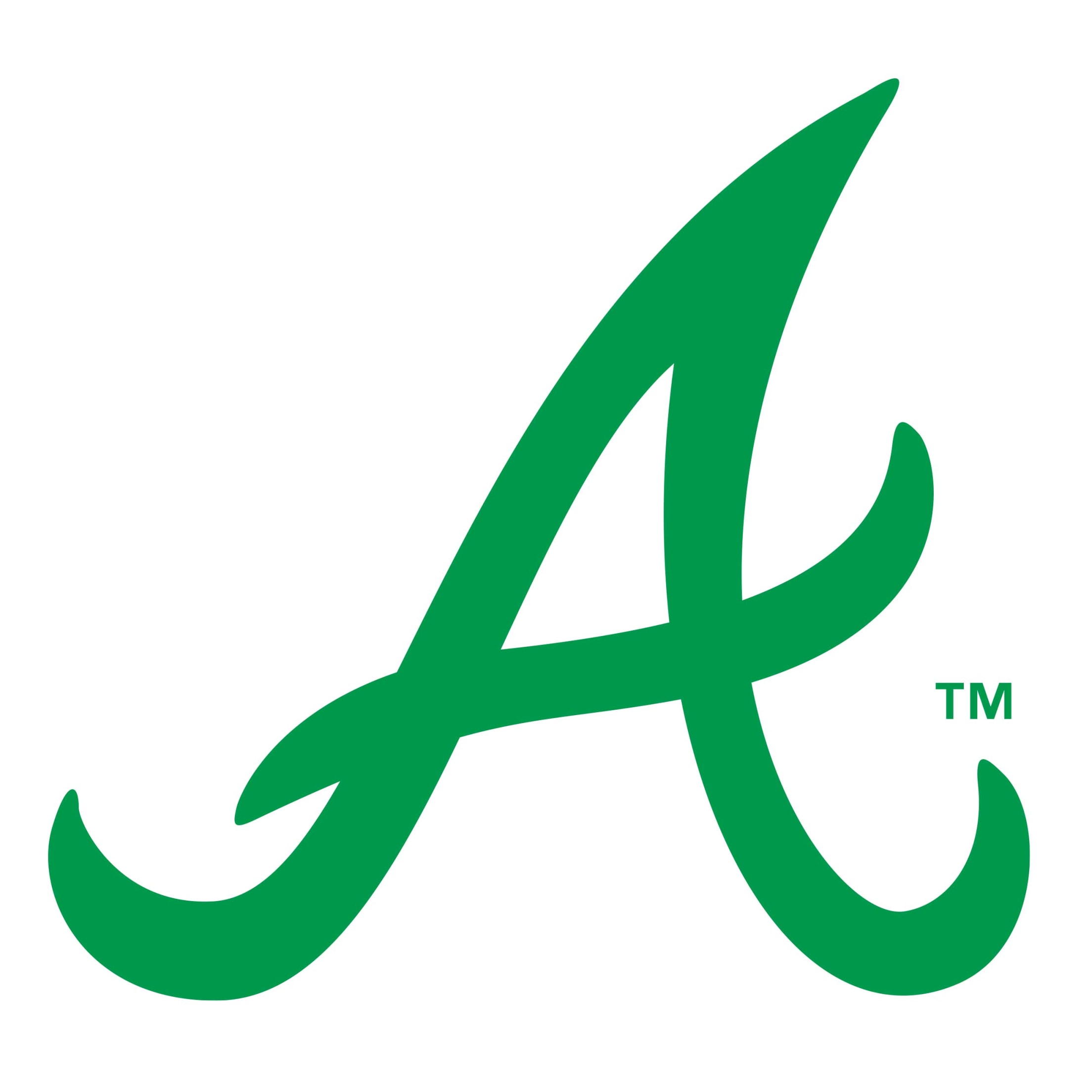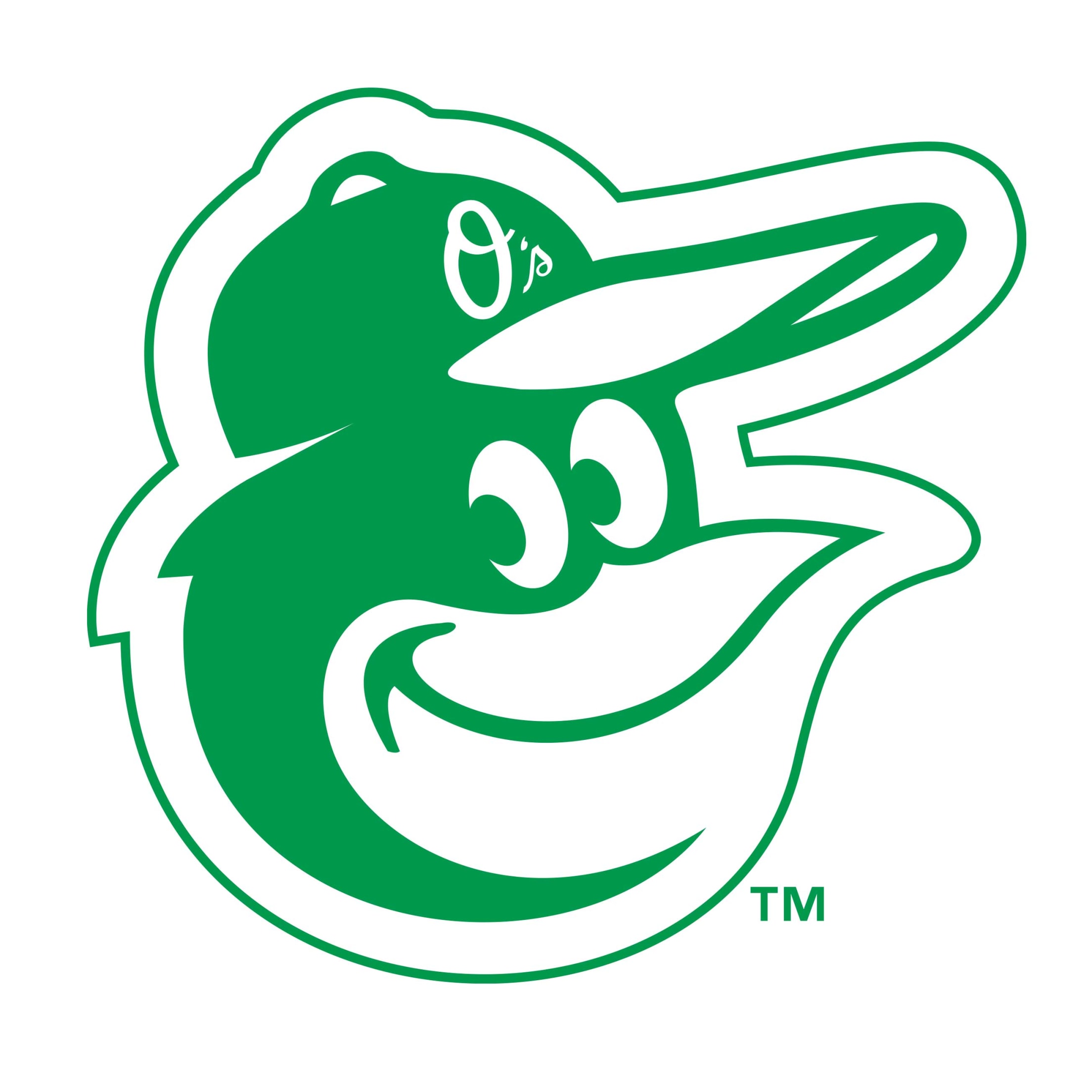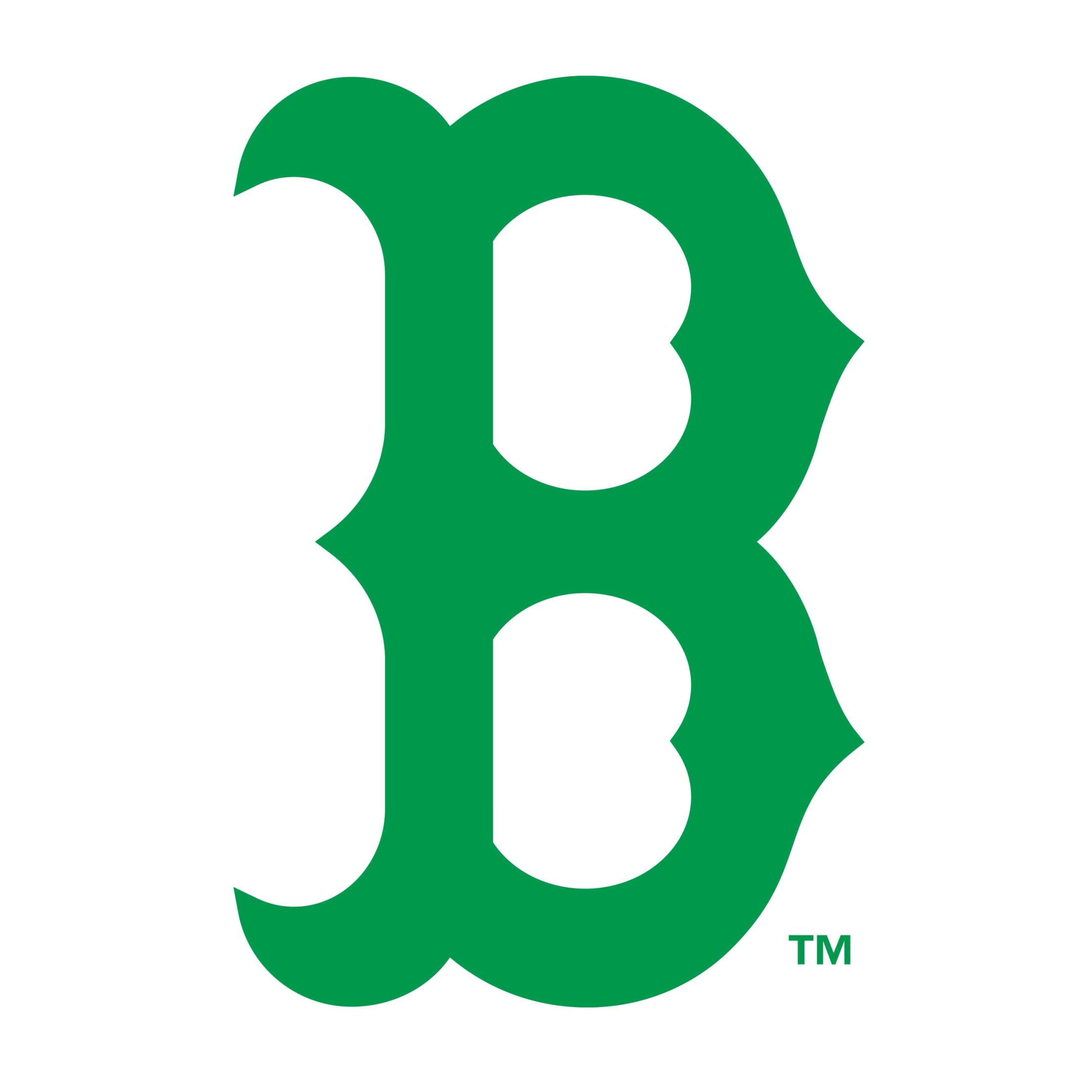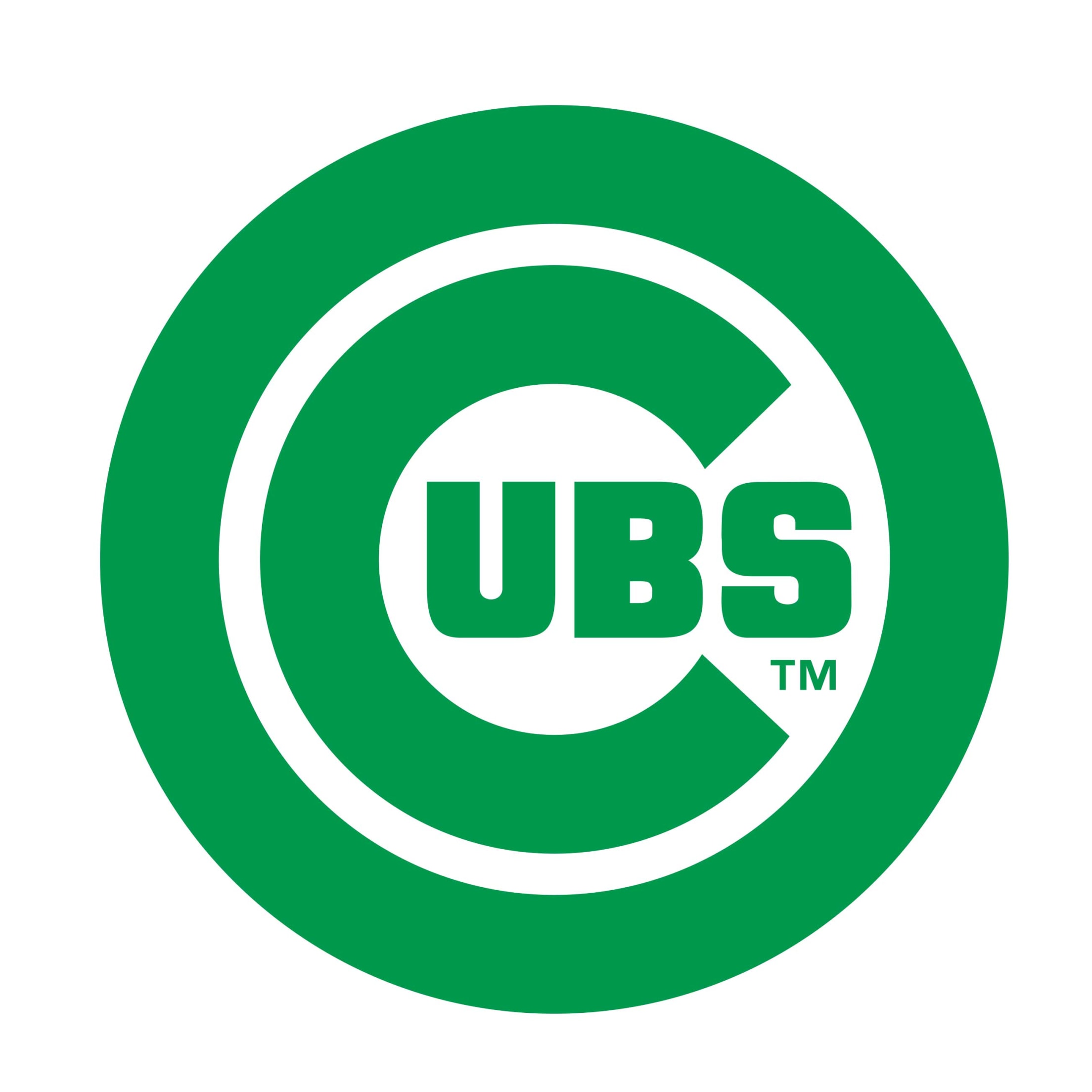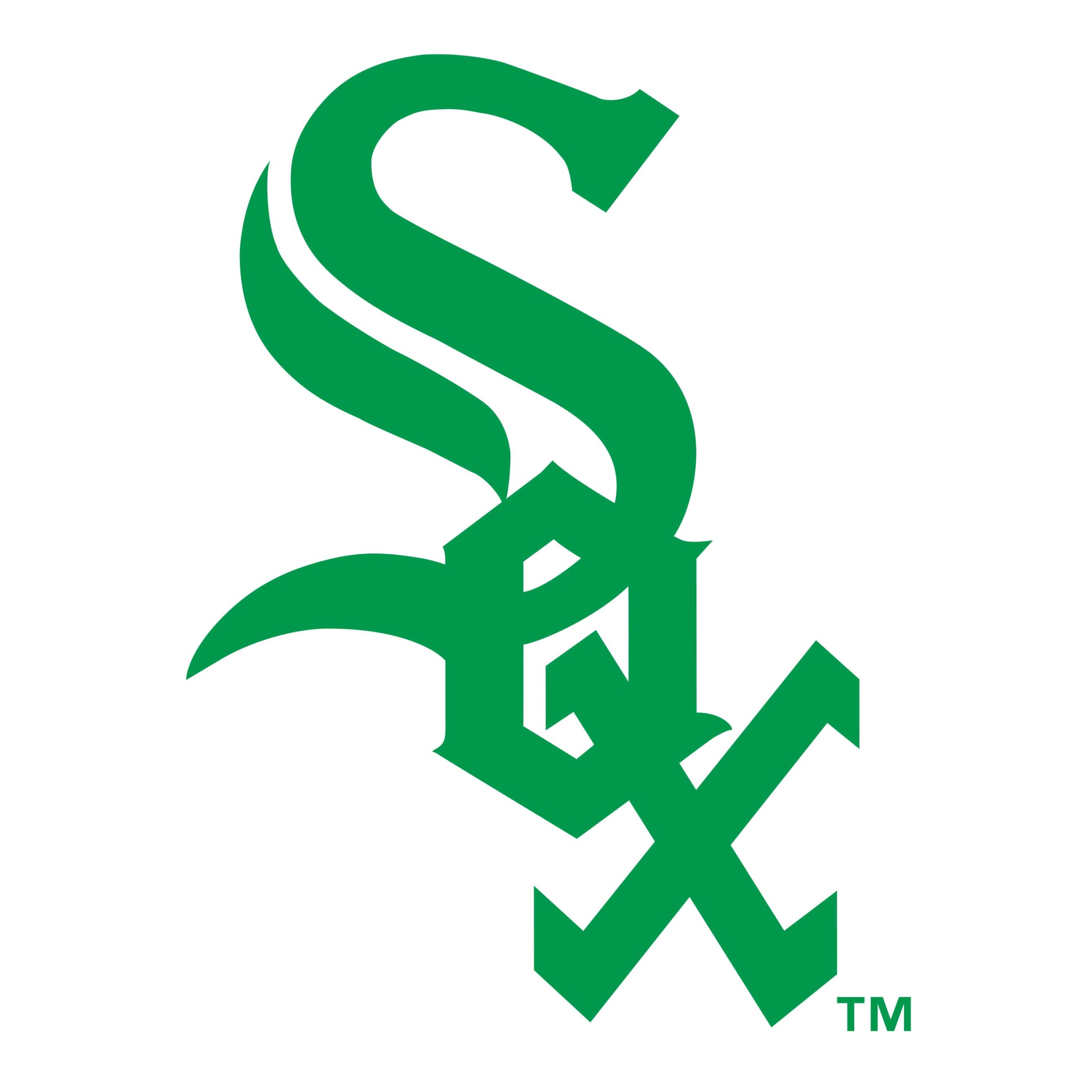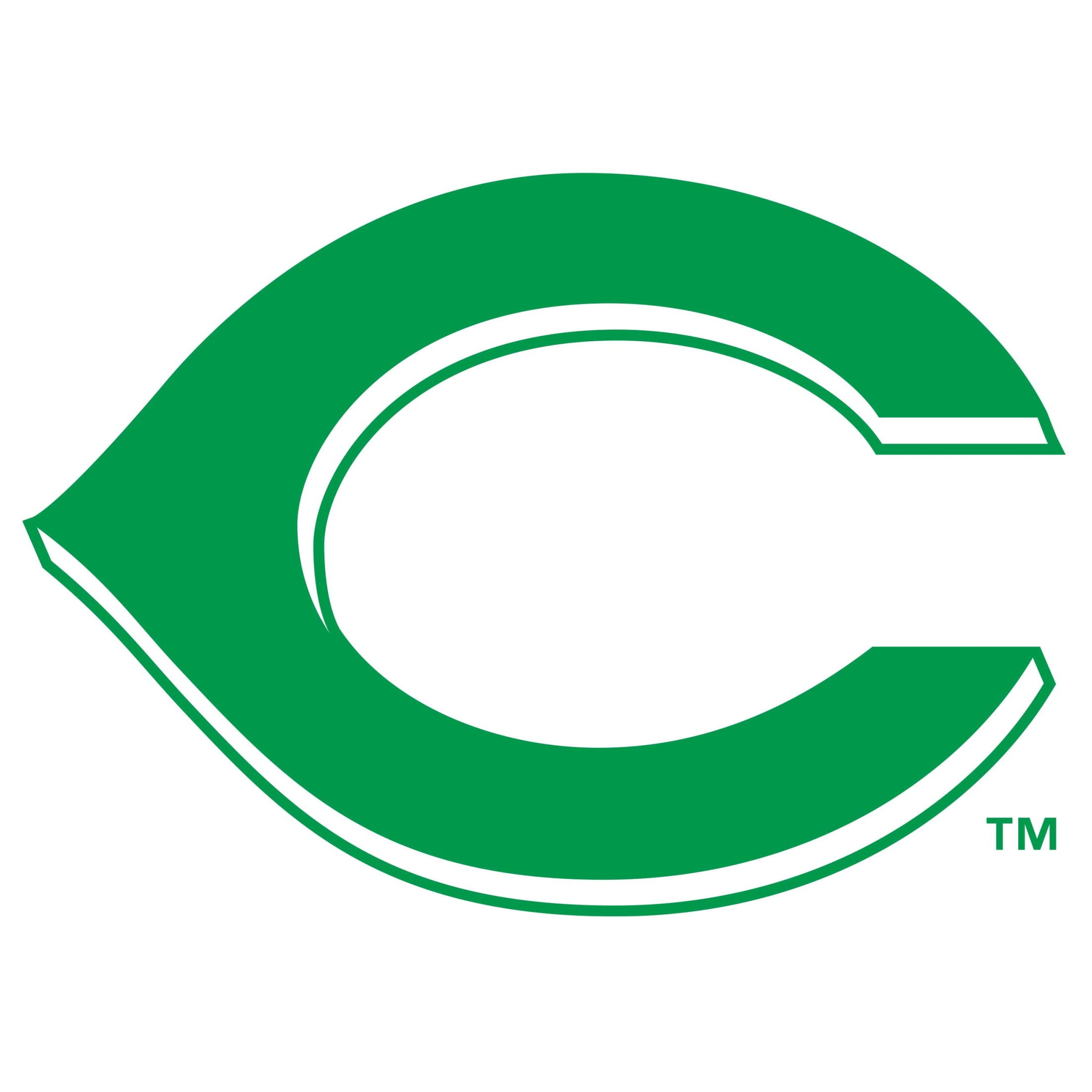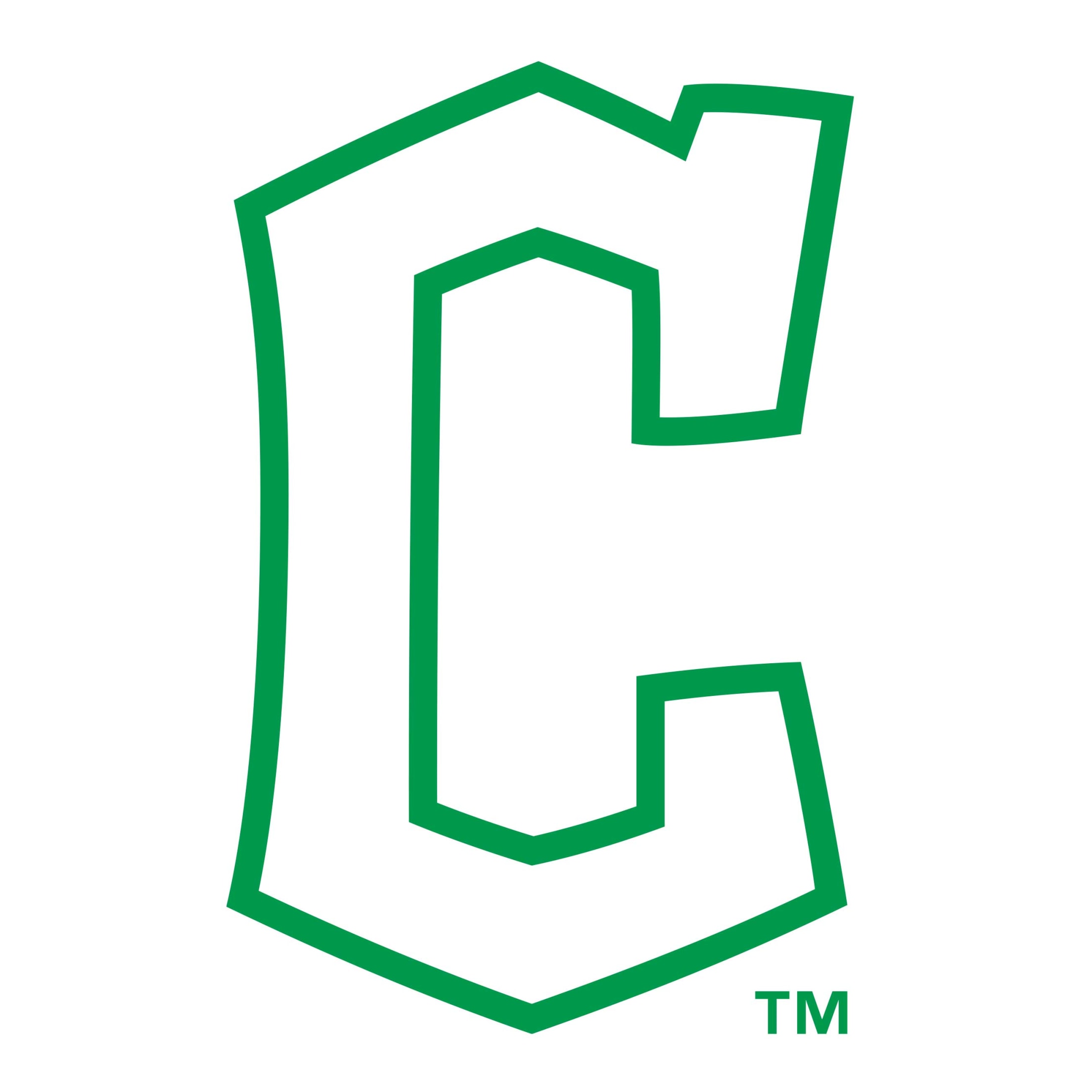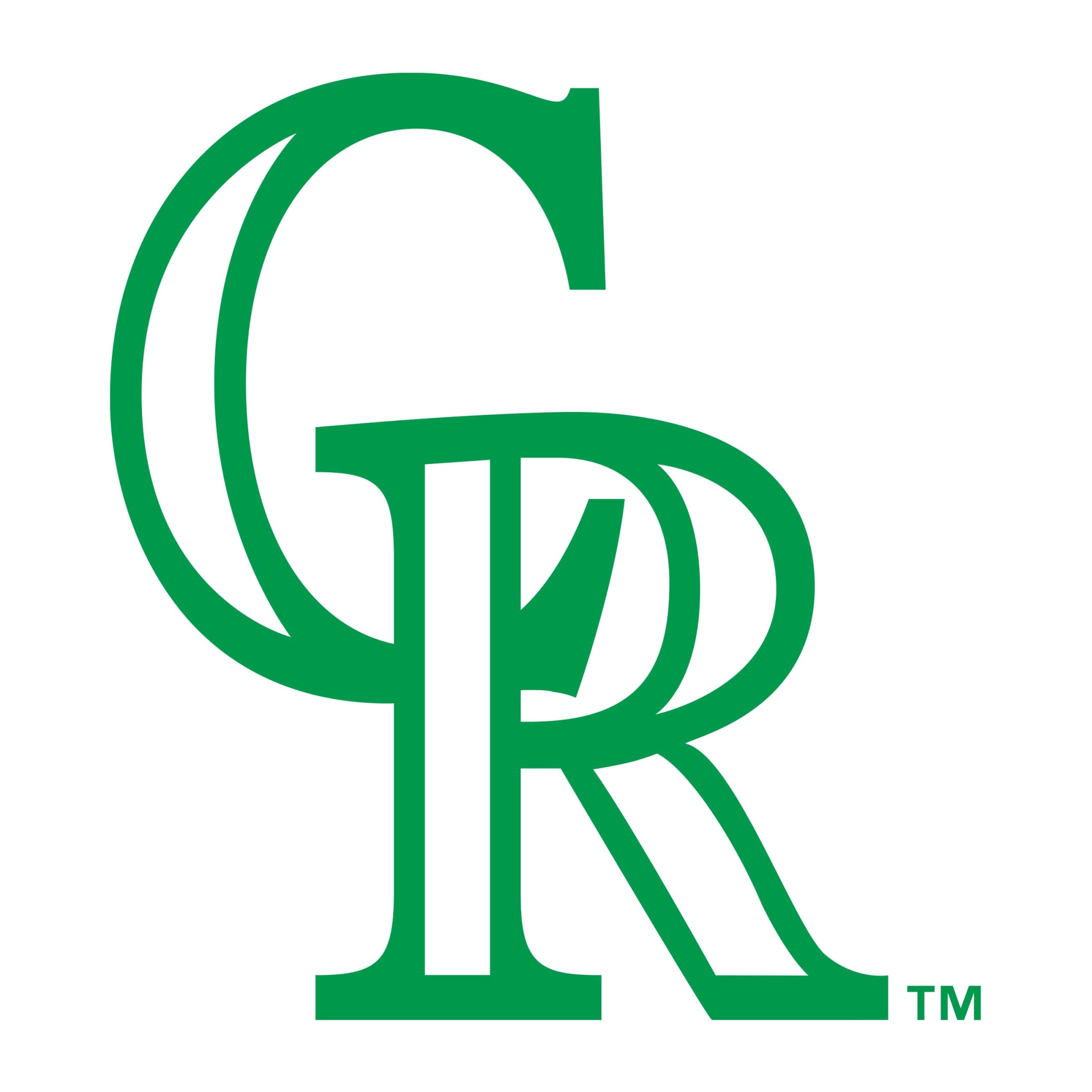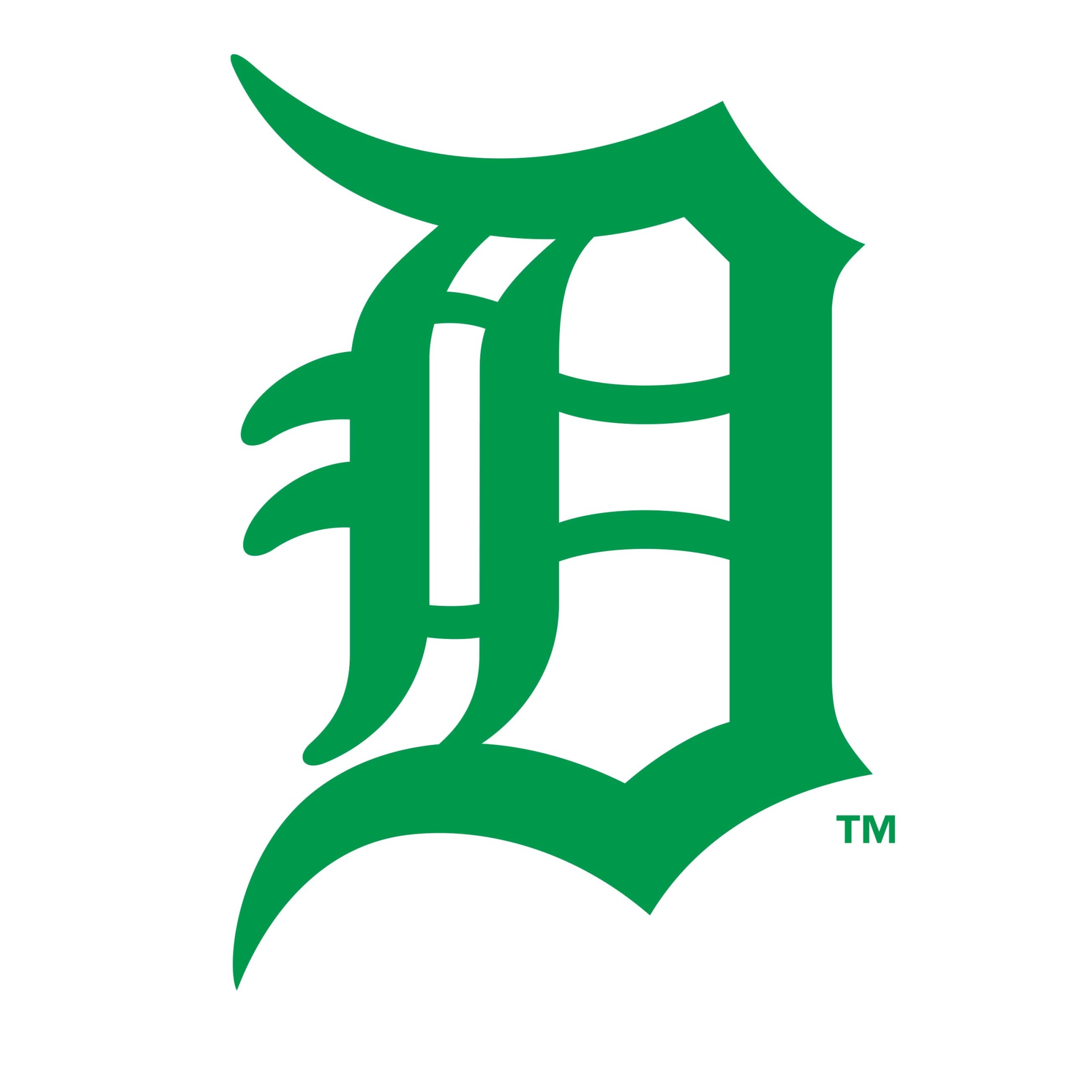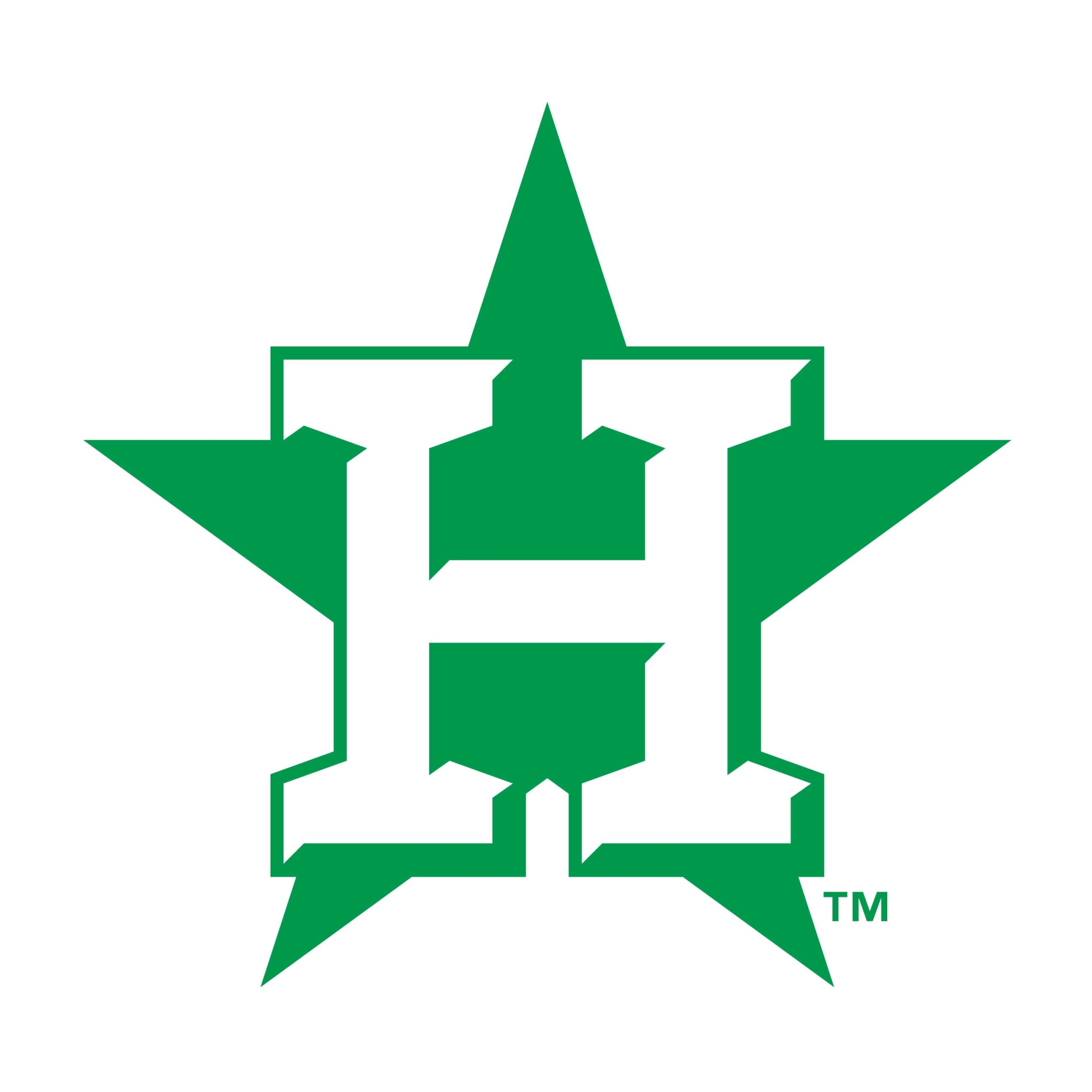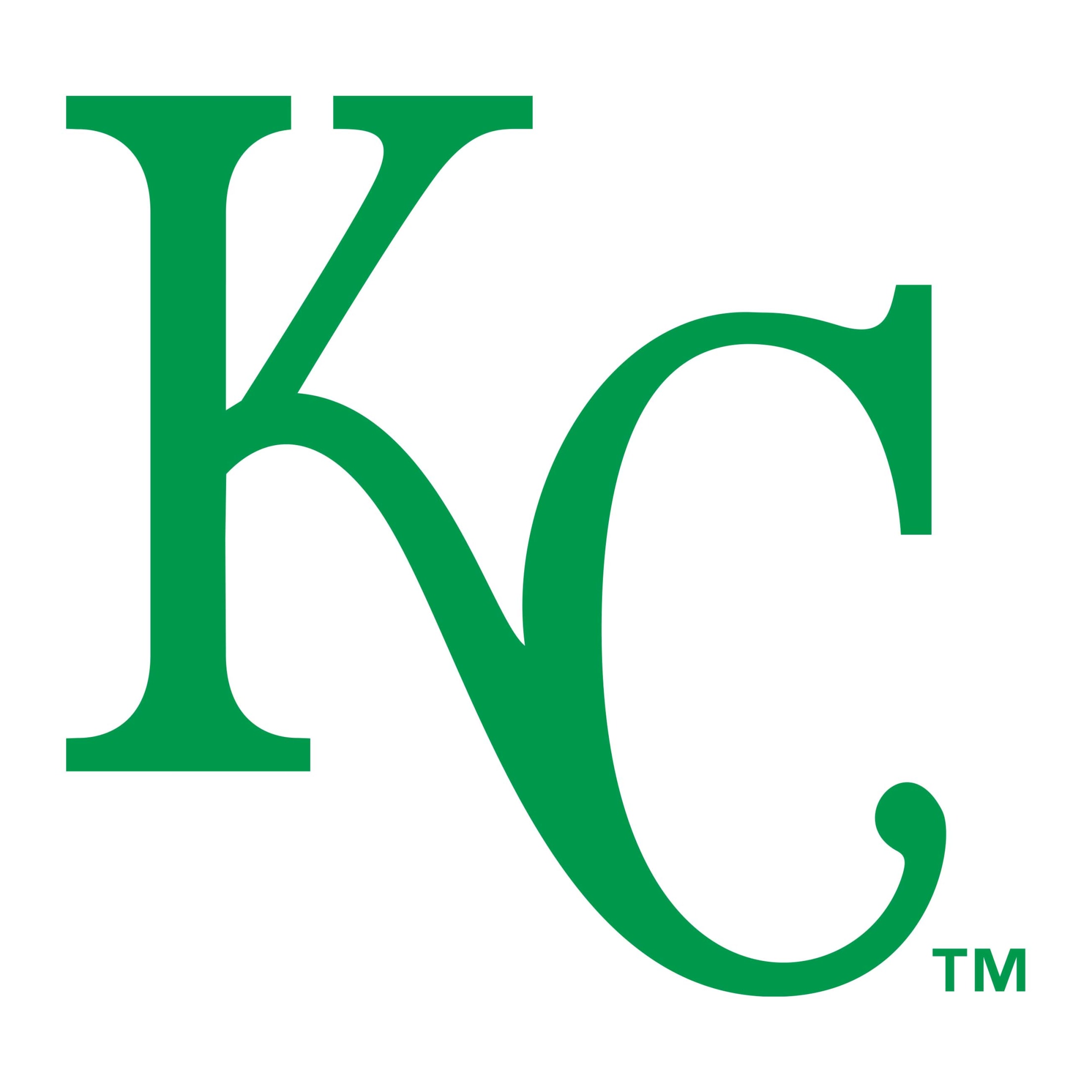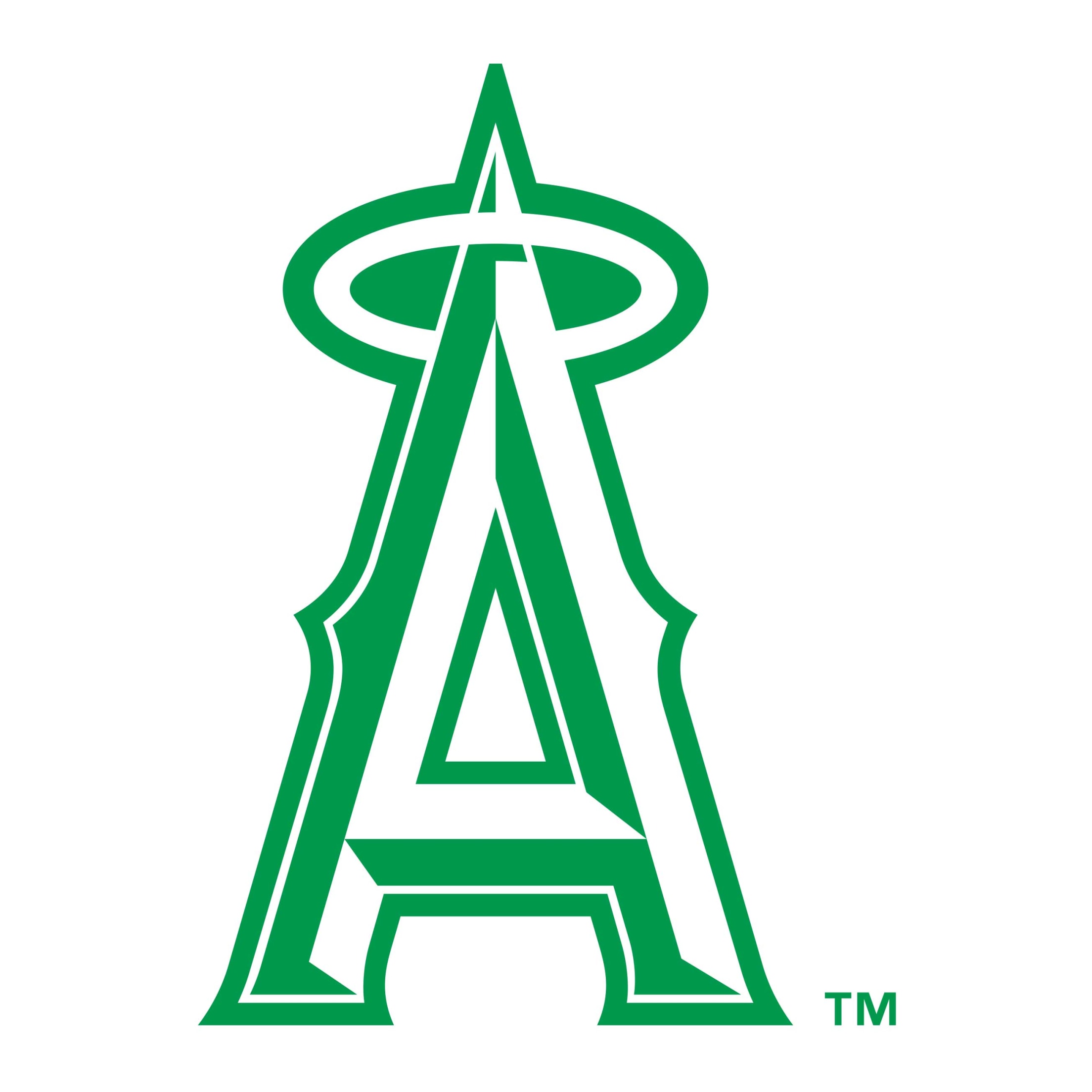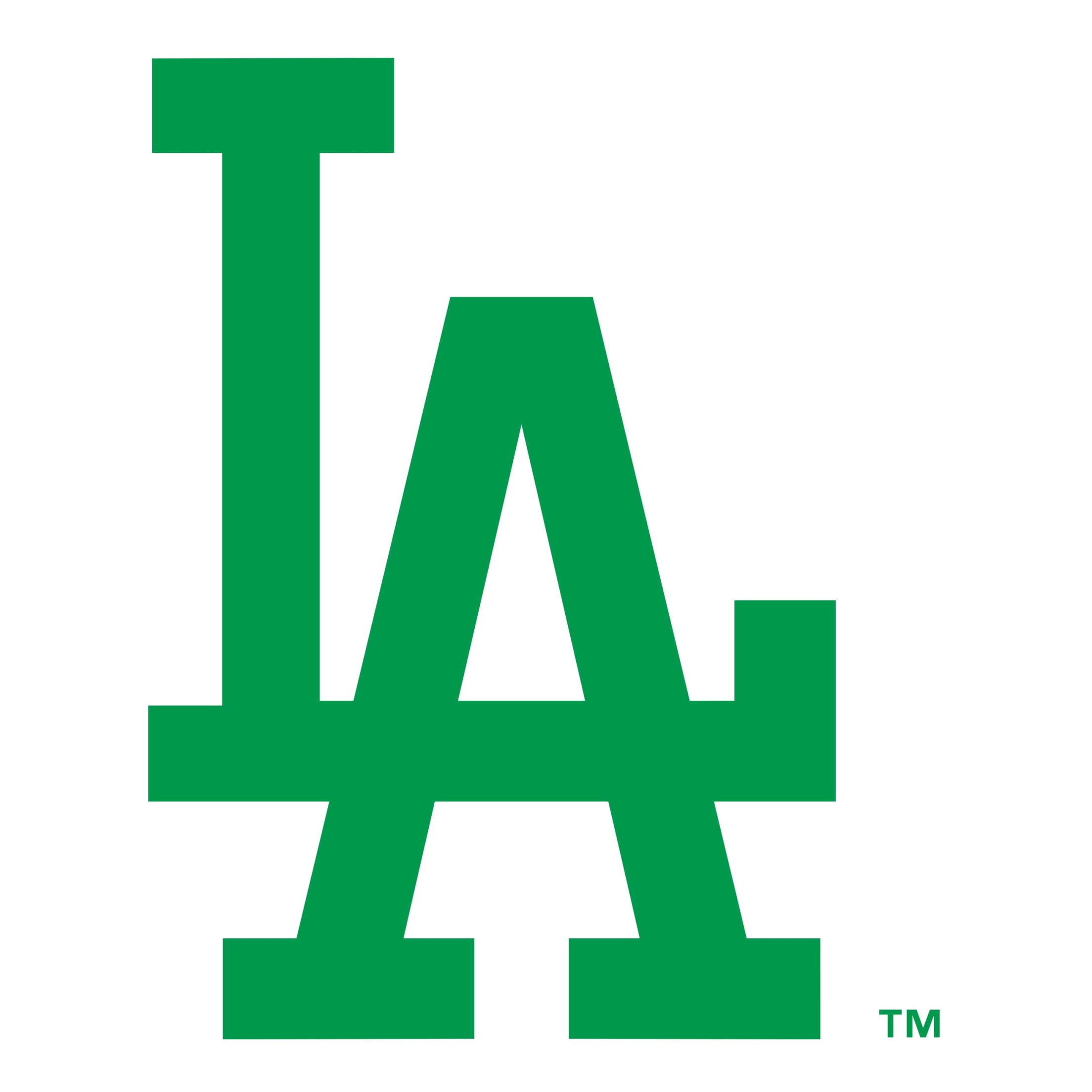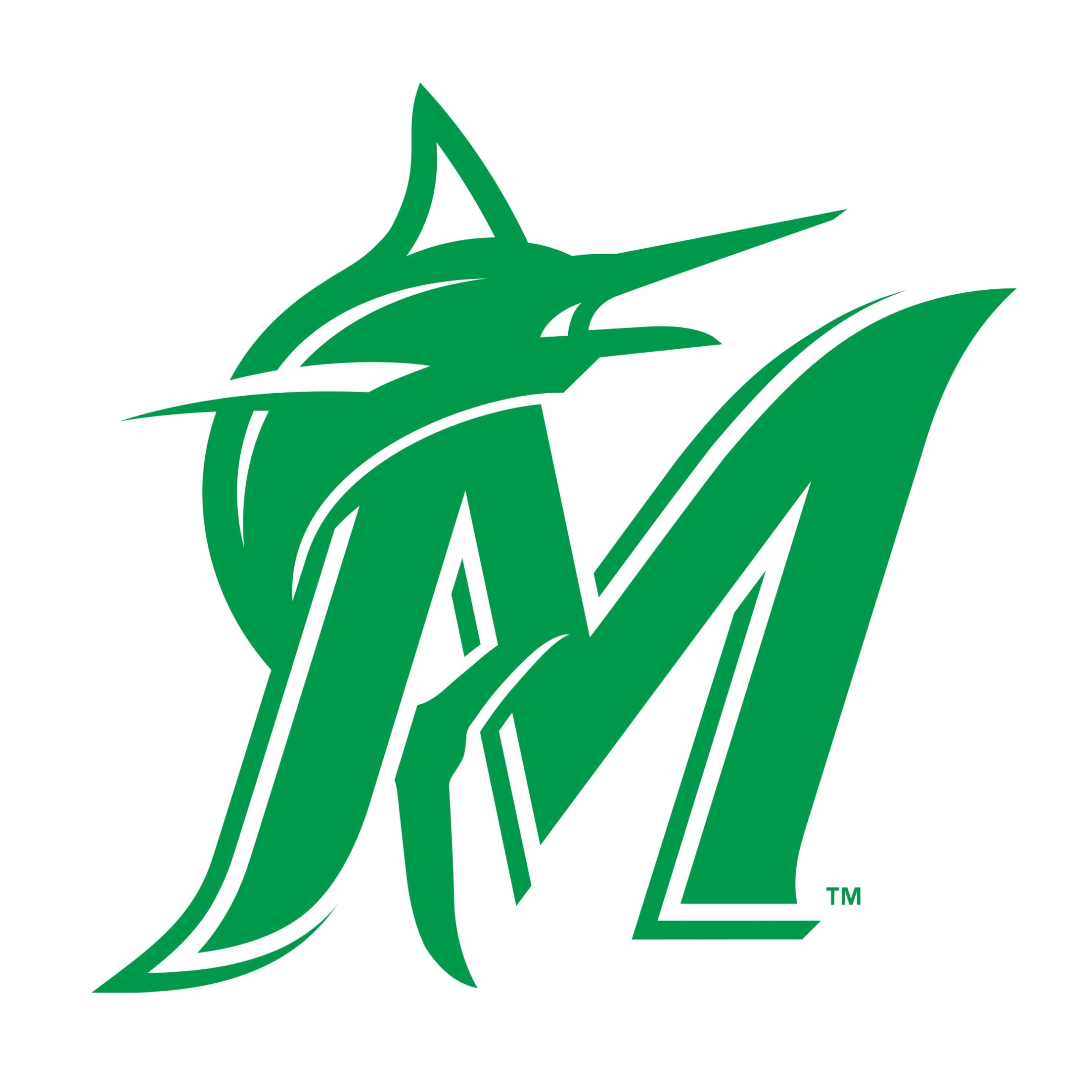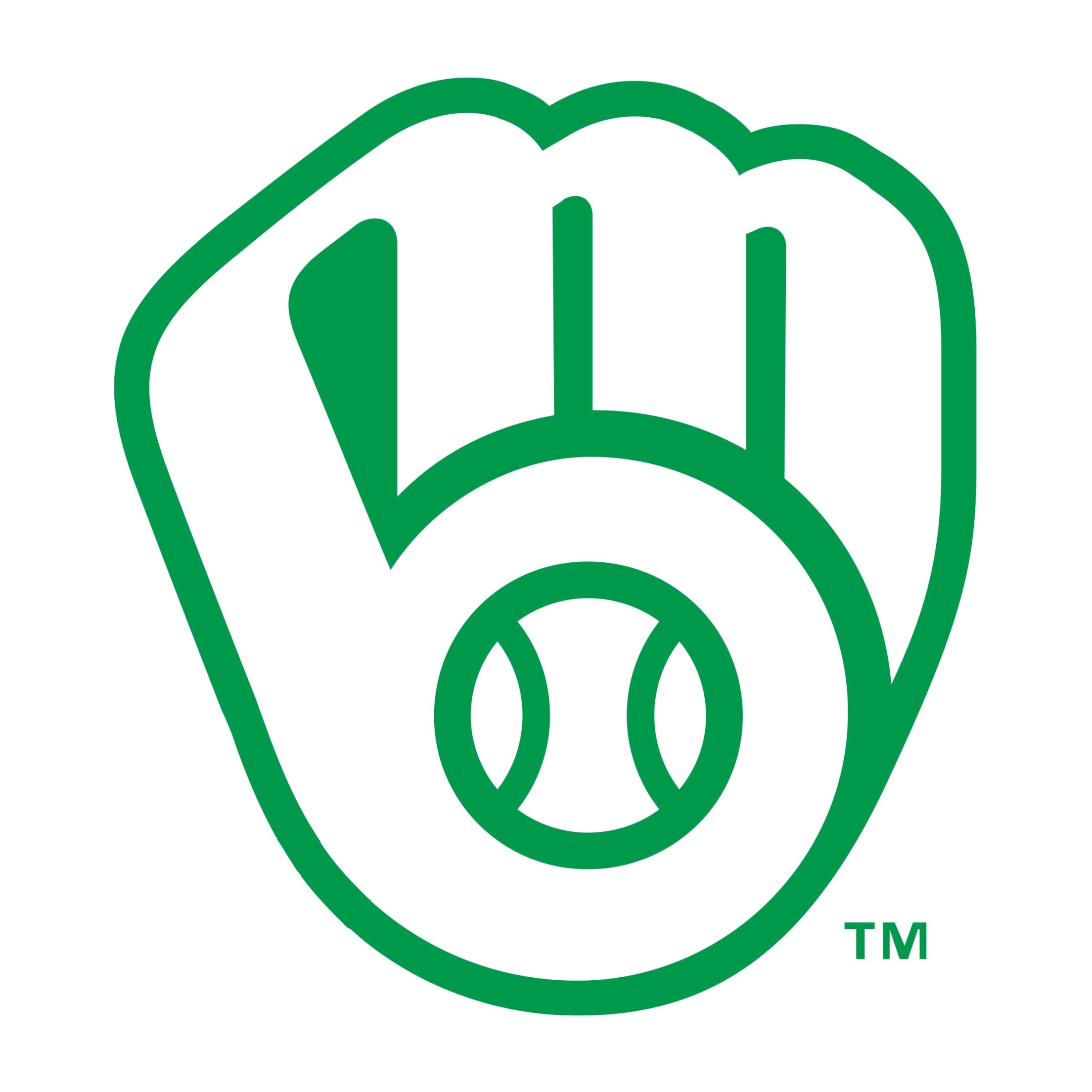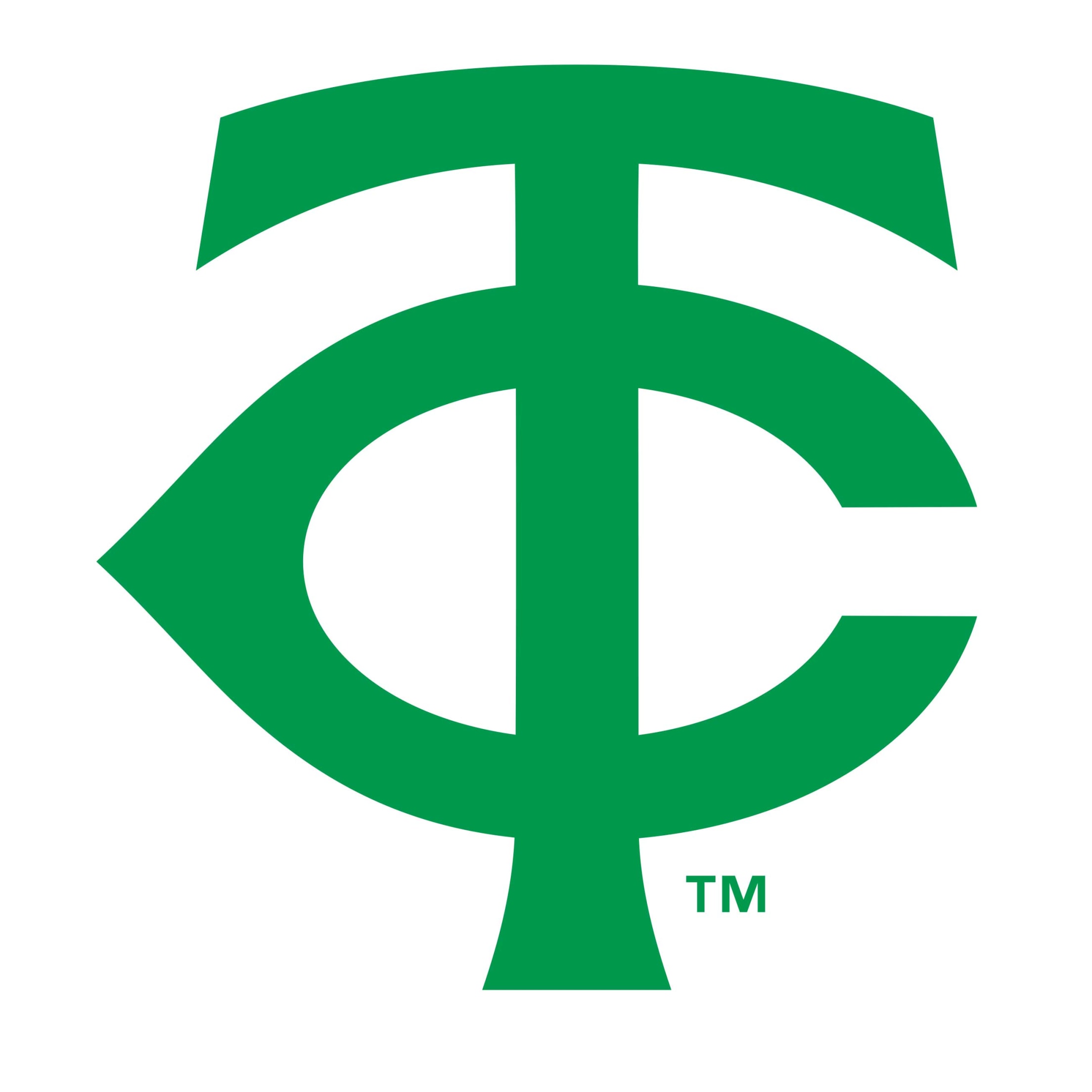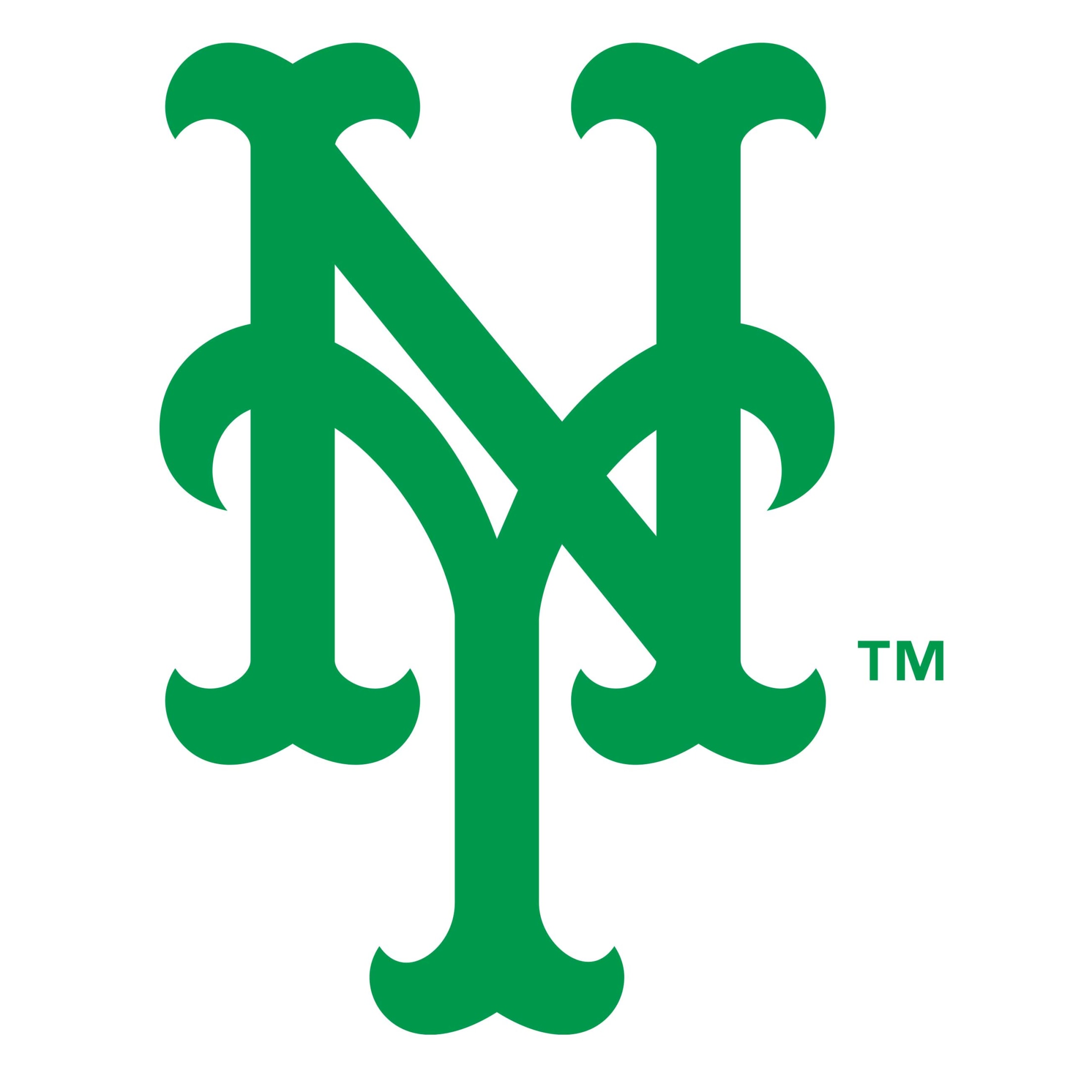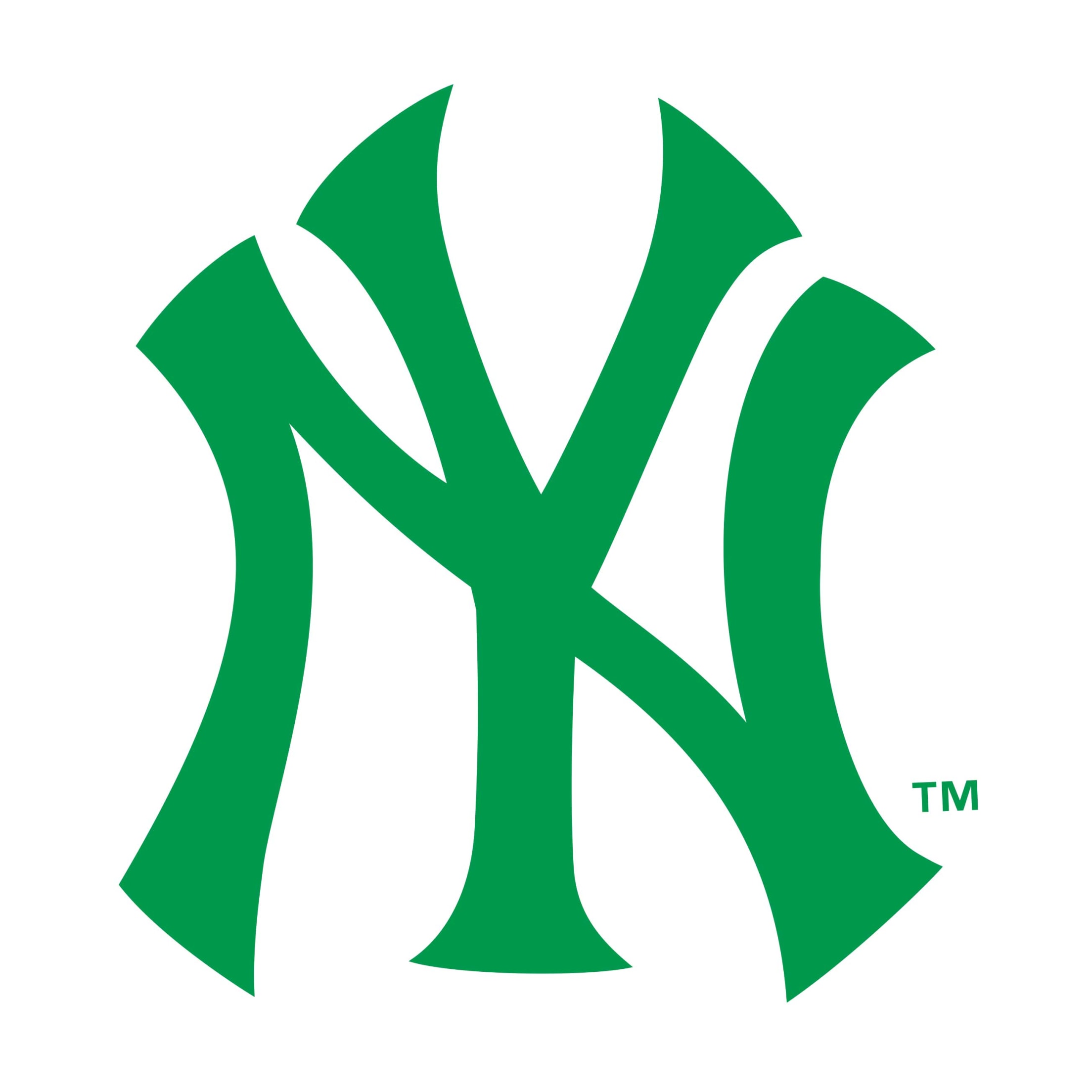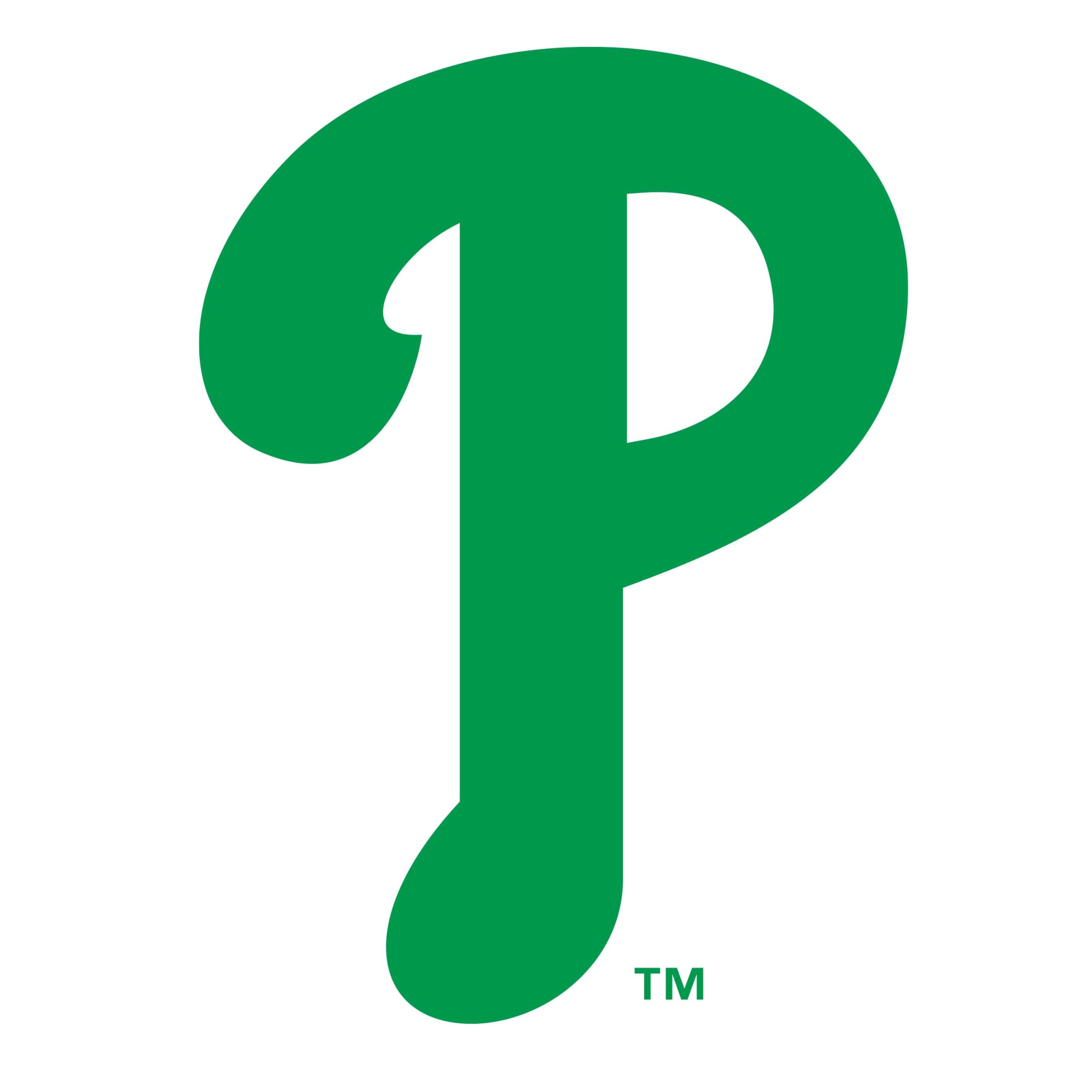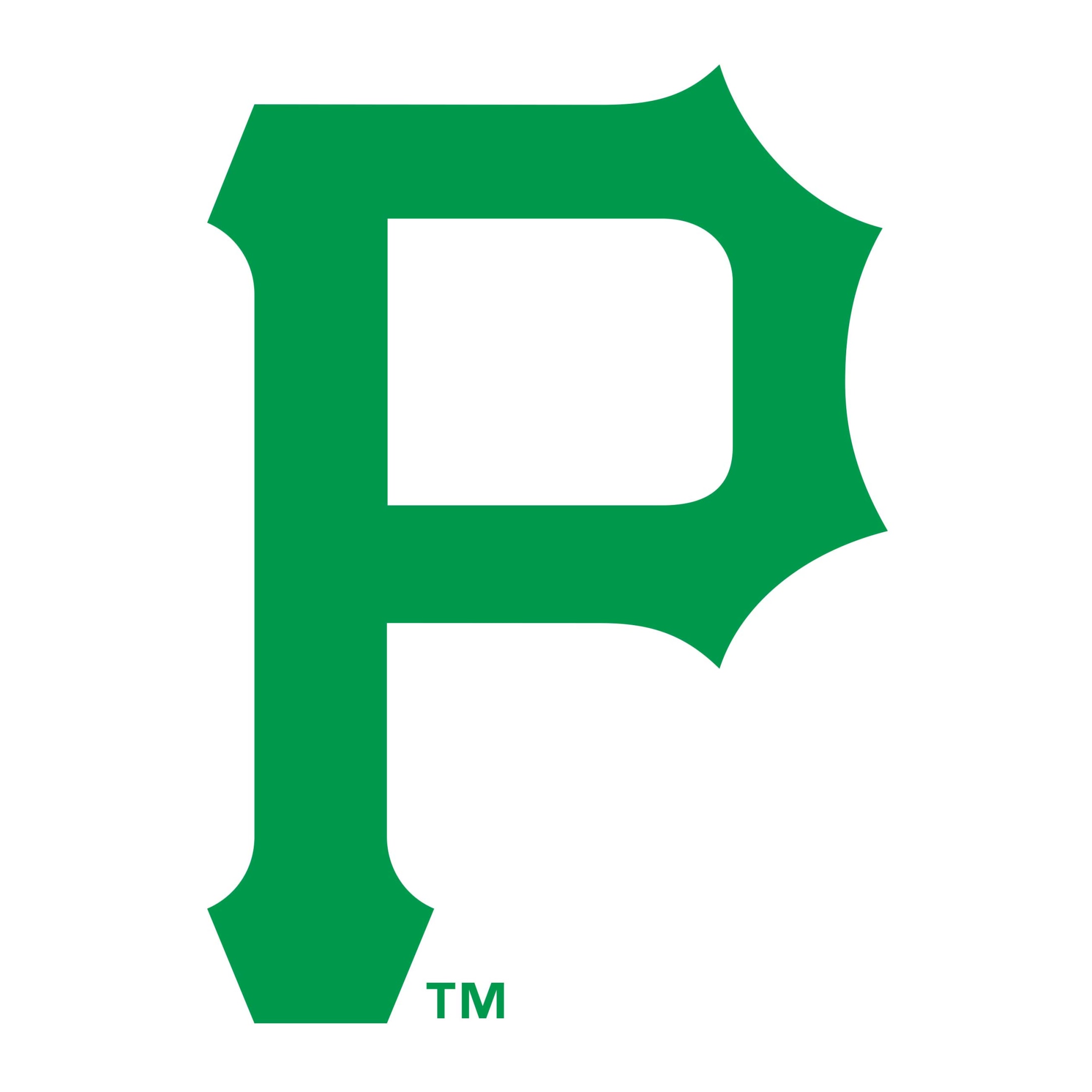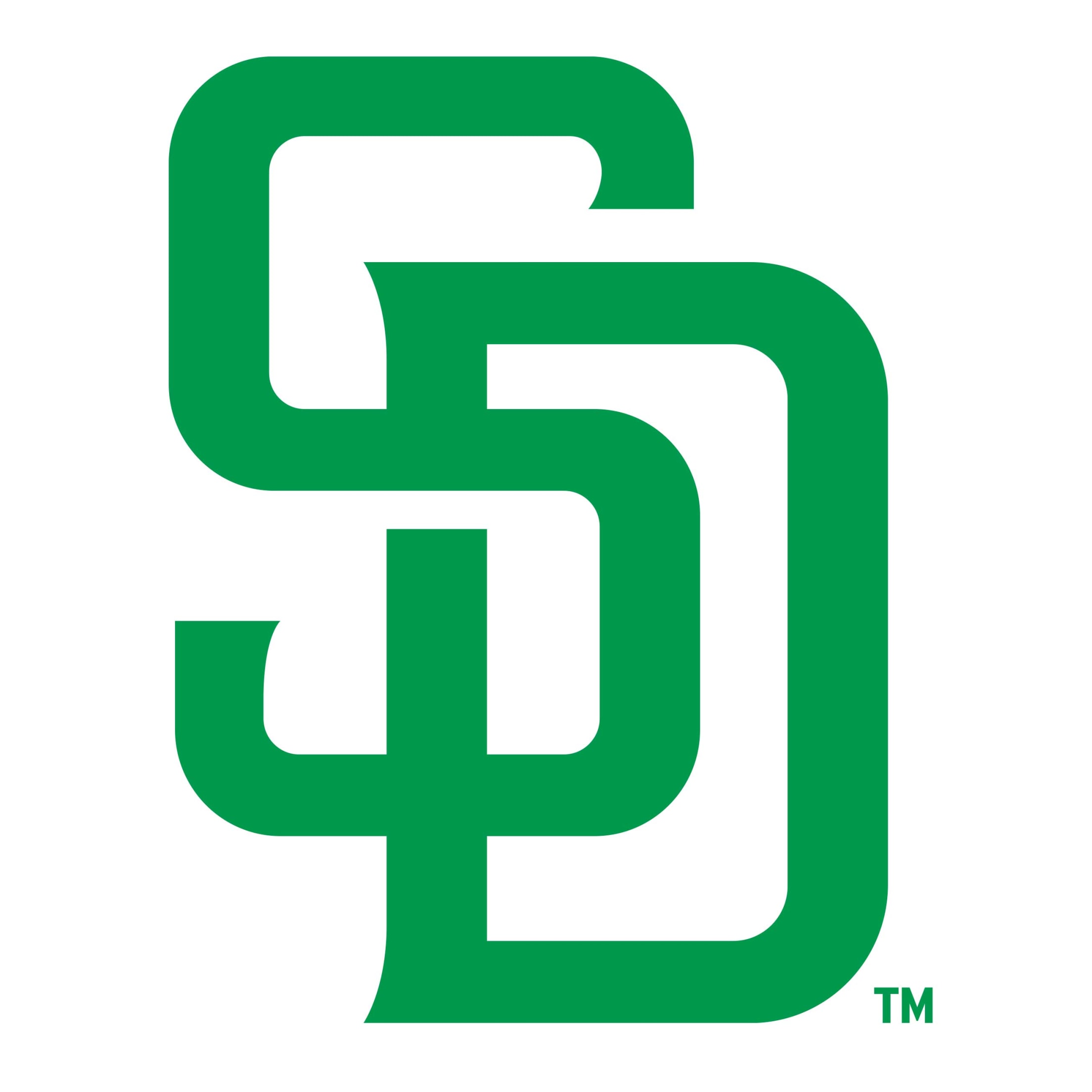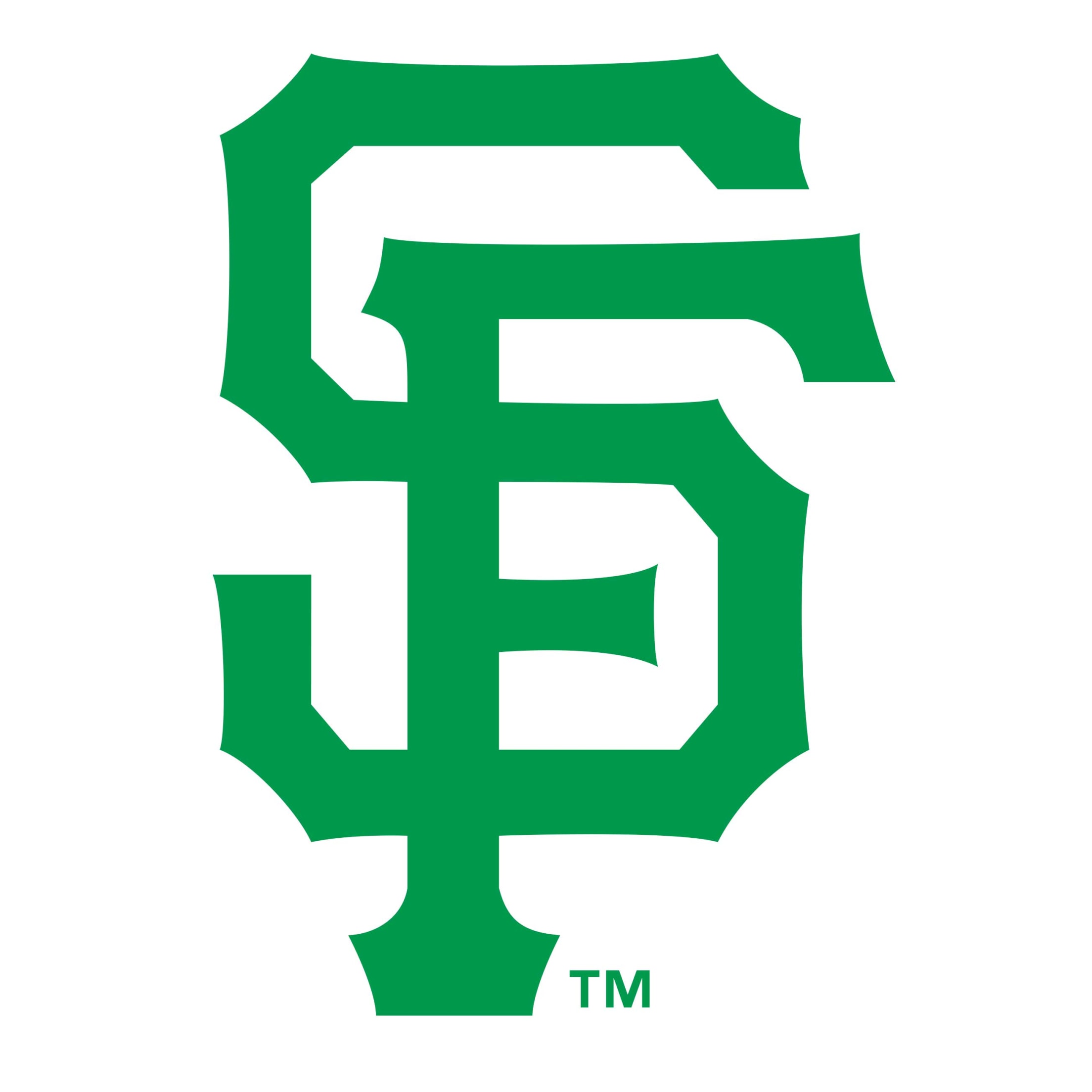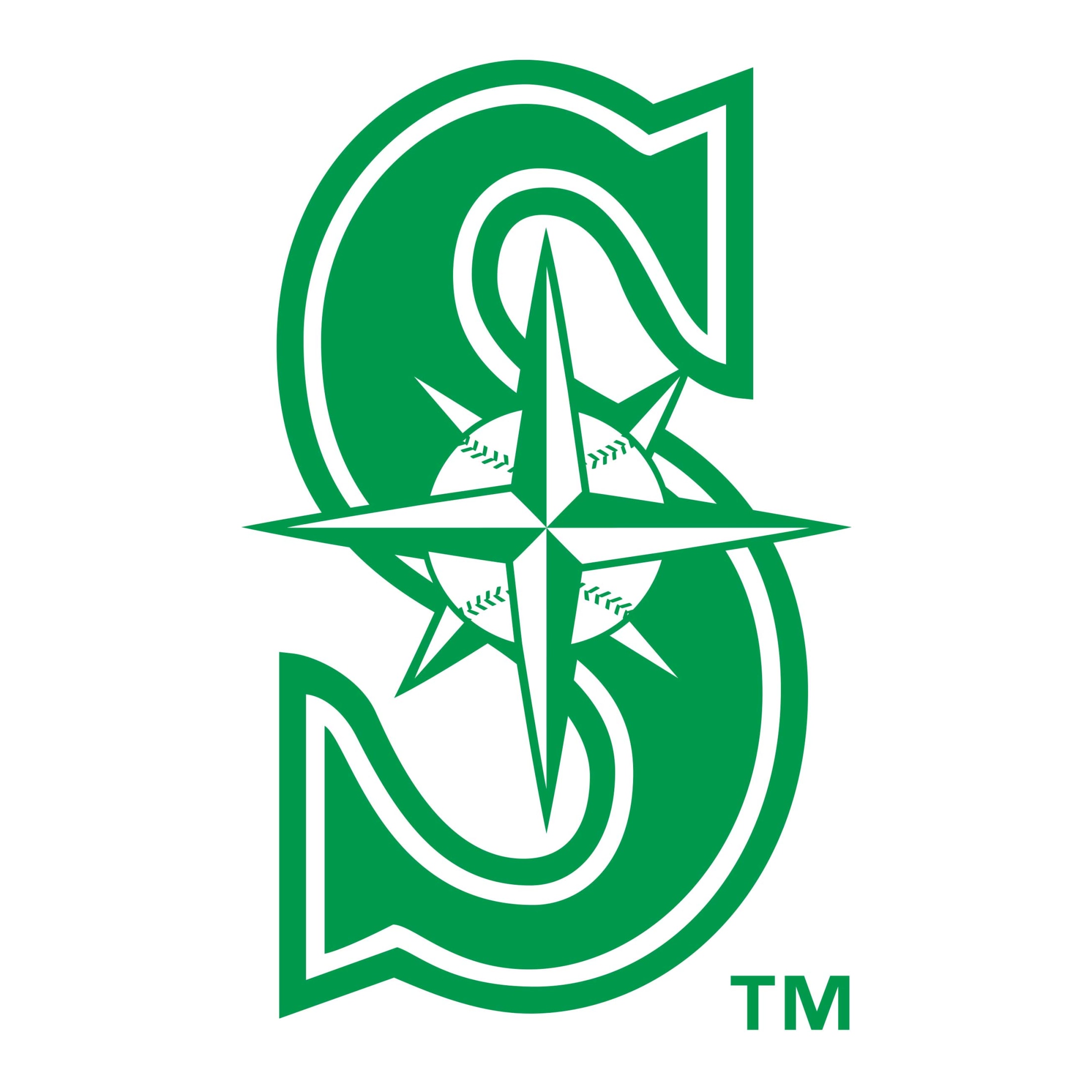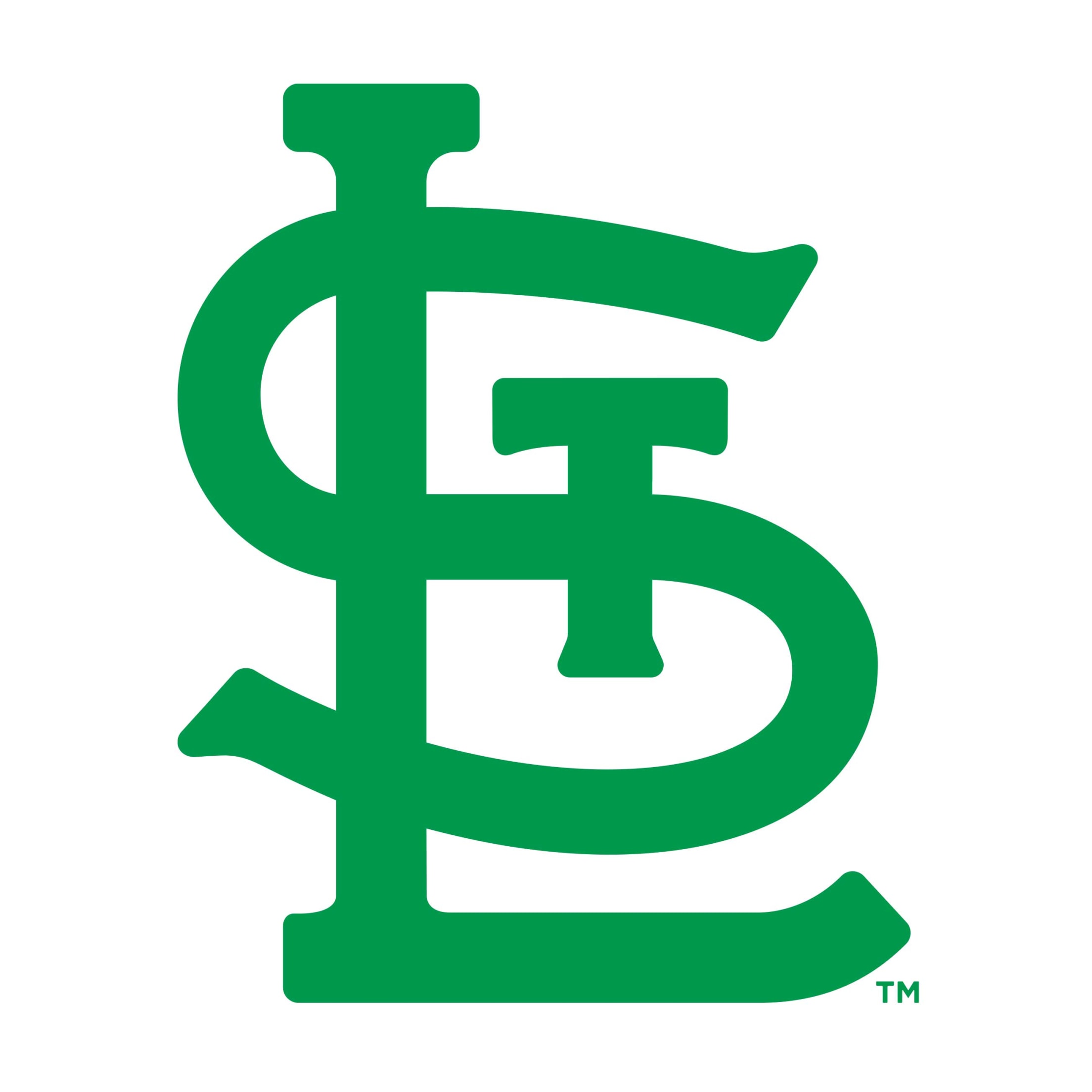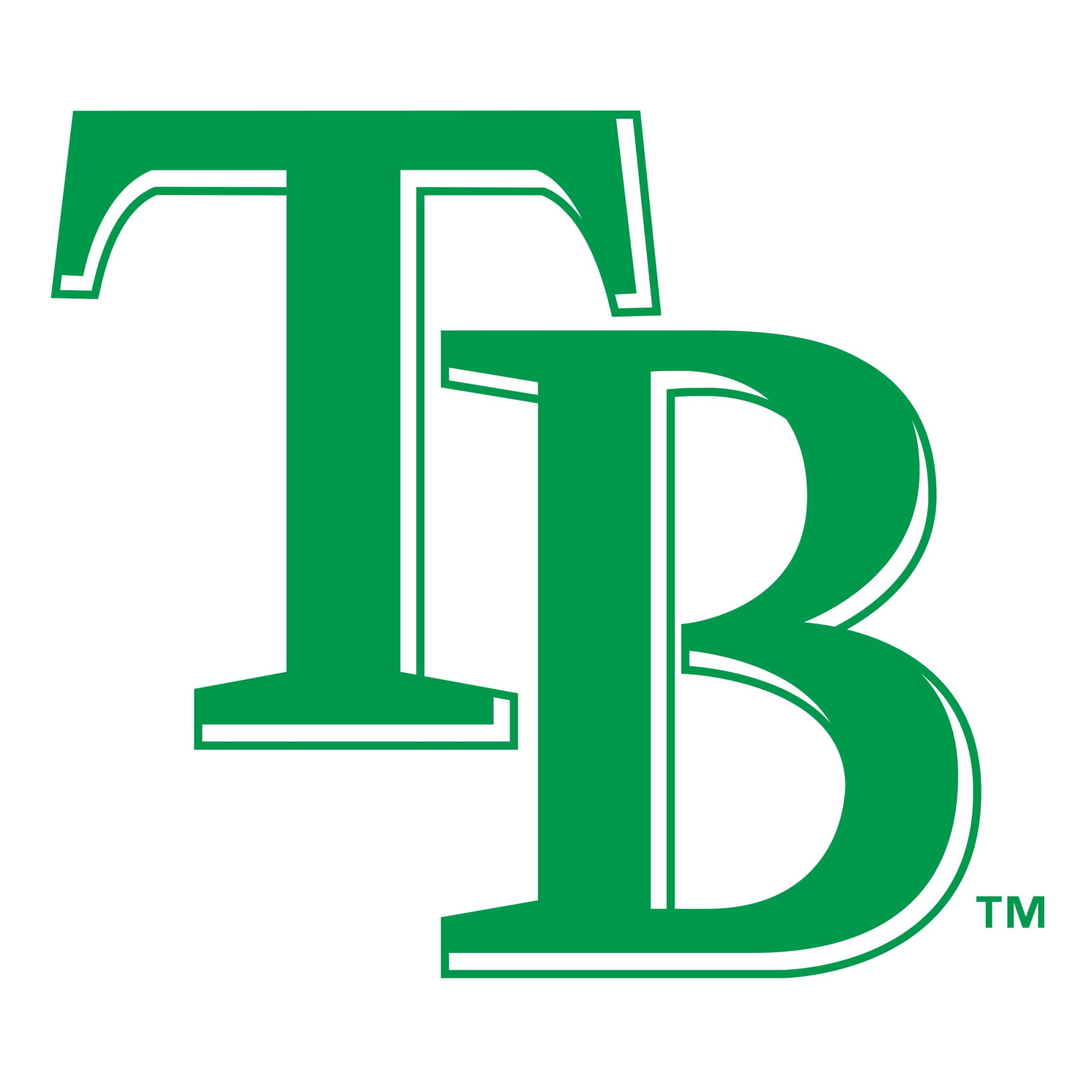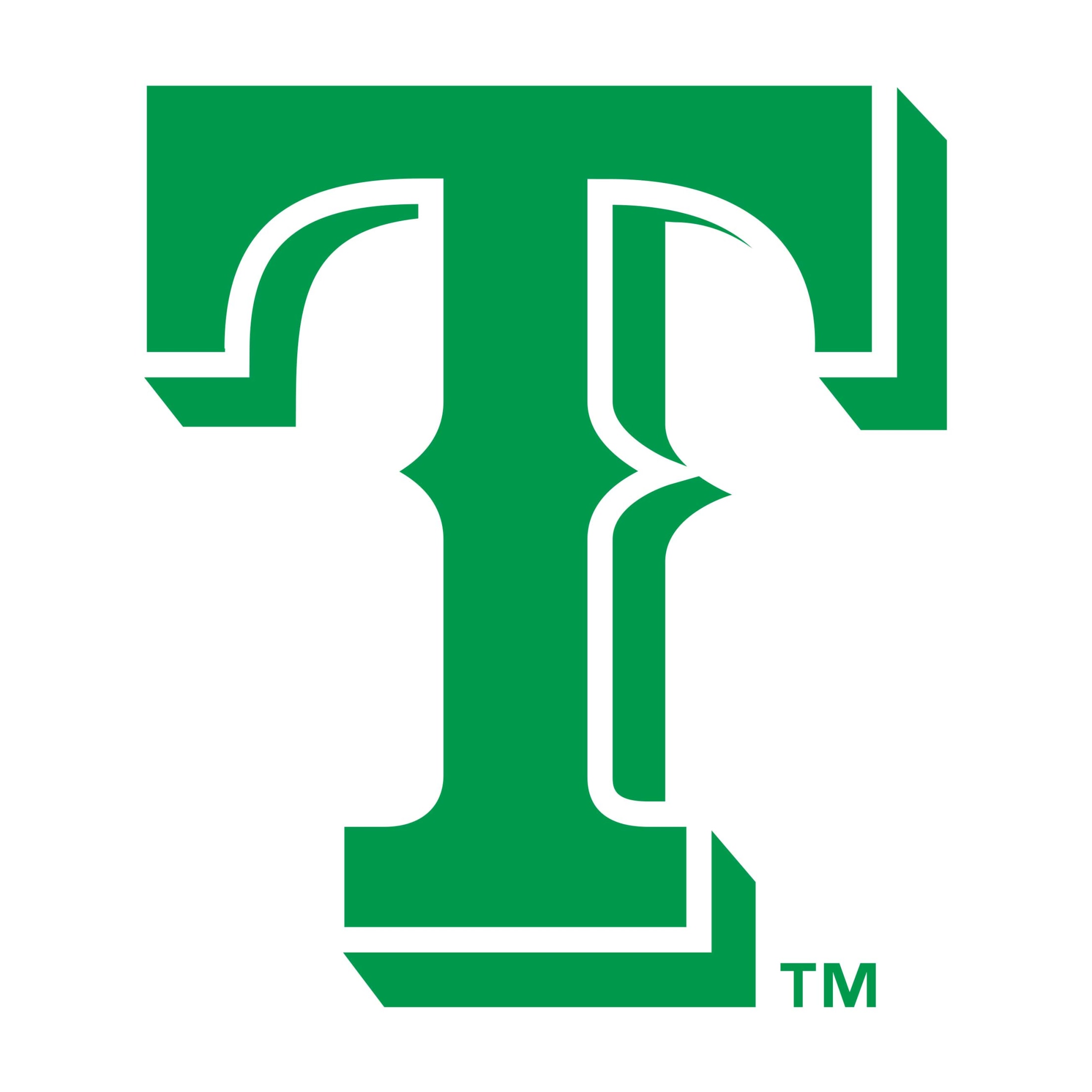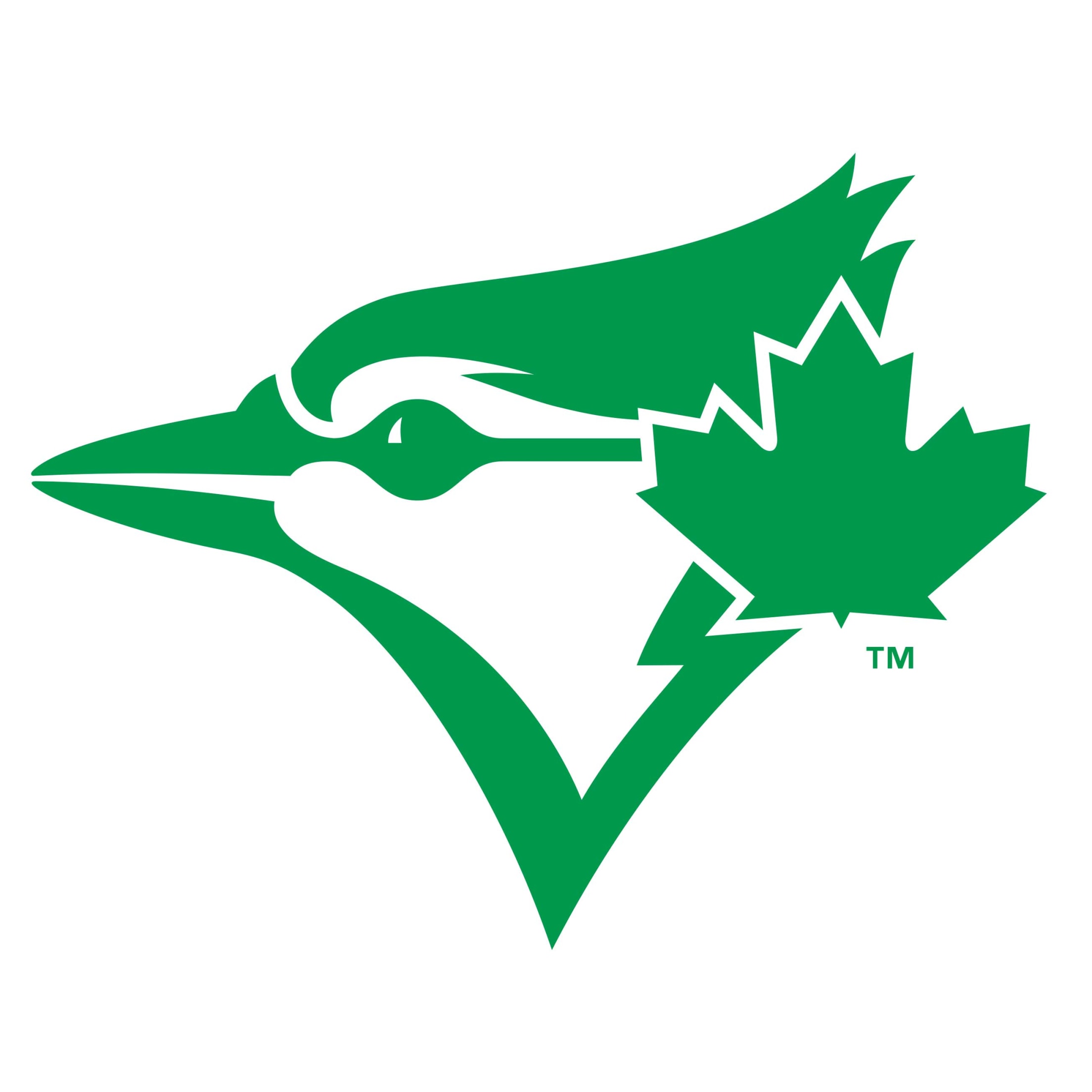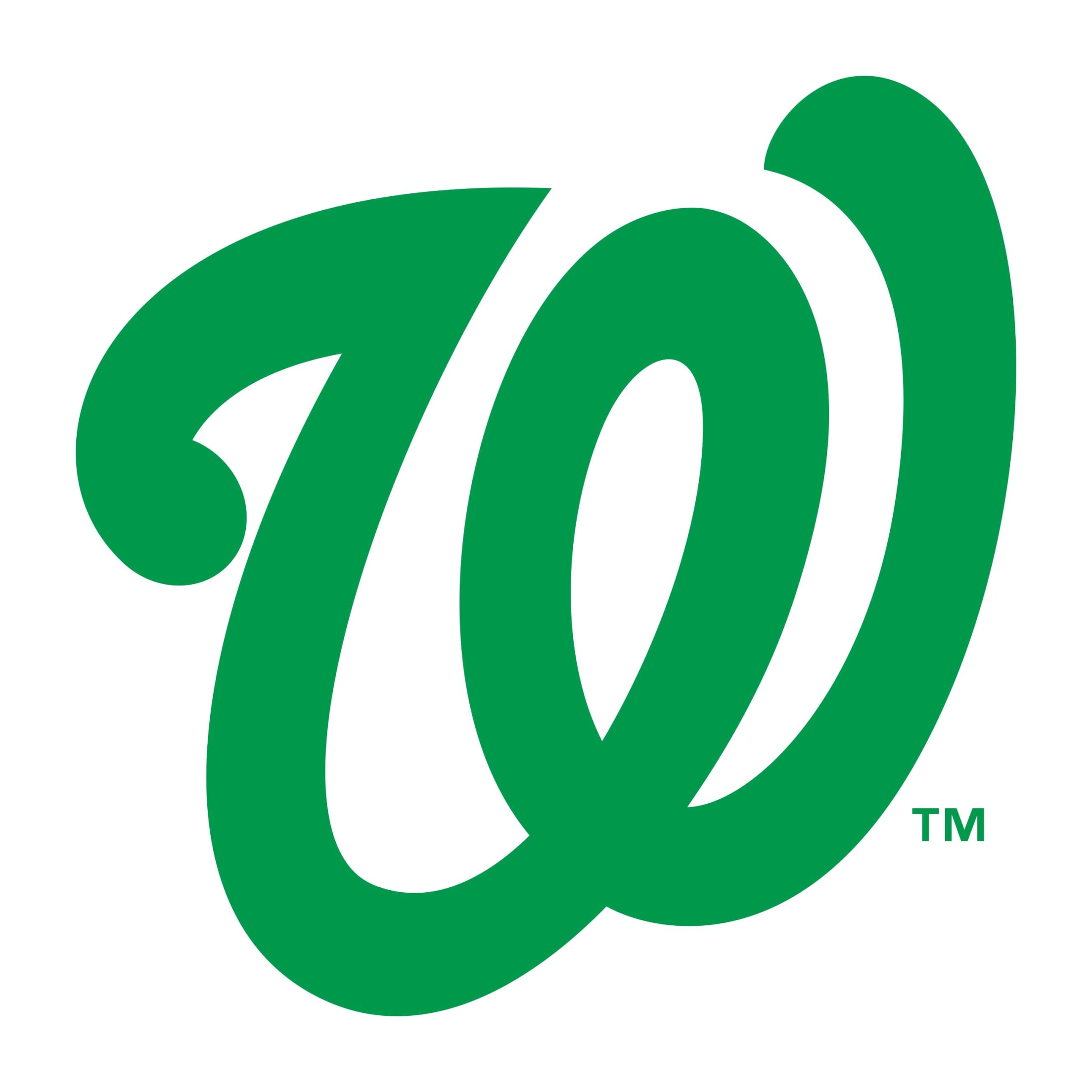Club Initiatives
Arizona Diamondbacks
- In partnership with UnitedHealthCare, the D-backs have a vertical garden on the exterior of Chase Field — the first of its kind in all of MLB.
- Have converted all lighting in main concourse and parking areas at Chase Field to energy-efficient LED lighting, resulting in 60% savings in power consumption annually in these areas.
- Have diverted over 90 tons of organic materials from the waste stream since 2017 through a compost collection program with WM.
- Installed state-of-the-art synthetic grass at Chase Field that has a high-performance surface designed specifically for baseball. This surface provides 90% savings (nearly 2 million gallons) in water consumption each season compared to natural grass.
Athletics
- Our big initiative this season is to continue improvement of our waste sorting program with ASM Maintenance and back of house composting with Aramark in our kitchens.
Atlanta Braves
- Food recovery program: The Atlanta Braves partner with Second Helpings Atlanta to recover food waste from Truist Park, diverting excess food from landfills and strengthening food security in communities struggling with food sovereignty.
- In-park recycling: At Truist Park, the Atlanta Braves collect and recycle plastic, aluminum, paper, cardboard, metal, glass, electronics, light bulbs, cooking oil, food scraps and more.
- Green Team: During select home games, the Atlanta Braves activate Braves Green Team volunteers to walk the aisles of Truist Park in between innings, collecting recyclables from fans and encouraging environmental responsibility.
- Pitch in for the planet: The Atlanta Braves supports community partner Food Well Alliance to plant and maintain community gardens, urban farms and orchards across Metro Atlanta to provide sustainable pathways to healthy food options through local gardening.
- Food distributions: The Atlanta Braves host Home Plate Project mobile food distributions, in partnership with Chick-fil-A, Los Bravos Un Equipo community resource events and the Mayor's Office of International and Immigrant Affairs, to provide healthy food options to communities experiencing food insecurity. Fresh produce for Home Plate Projects is sourced through local farmers.
- Beautification projects: Atlanta Braves front-office staff volunteer to beautify local nonprofits' and community partners' spaces by weeding, mulching, planting and more.
- EV chargers: There are more than 60 electric vehicle chargers on Truist Park property.
- Aluminum cups: To help reduce waste, the Braves have implemented aluminum cups in partnership with Ball Corporation across various locations at the ballpark.
Baltimore Orioles
- LEED Certification: In April 2018, the Orioles and Maryland Stadium Authority (MSA) announced that after a multi-year effort of research and enhancements, the U.S. Green Building Council (USGBC) has awarded Oriole Park at Camden Yards with Leadership in Energy and Environmental Design (LEED) Gold certification for an existing building. Oriole Park becomes the fourth, and the oldest, LEED Gold certified facility in Major League Baseball. Oriole Park and the accompanying B&O Warehouse, which was awarded with LEED Silver, demonstrate year-round sustainable activities and practices including waste management, recycling, paperless tickets, and reduced energy usage and electrical consumption.
- Oriole Garden: On May 25, 2016, the National Wildlife Federation and its Maryland state affiliate, the National Aquarium, joined the Baltimore Orioles and the Maryland Stadium Authority to dedicate a new, native plant garden at Oriole Park at Camden Yards that will attract orioles, other local birds and butterflies. The Oriole Garden is part of the National Wildlife Federation's Grow Together Baltimore program, which works with local communities to create vibrant green spaces that benefit Baltimore residents in many ways.
- Responsible energy use: Oriole Park utilizes energy-efficient lighting and plumbing fixtures throughout the park including waterless urinals.
- Recycling: Oriole Park recycled nearly 40,000 pounds of materials in 2020.
- Cigarette butt recycling: Over the past five years, the Orioles and MSA have recycled more than 126,000 cigarette butts which are turned into plastic crates and other products.
- Cleaning: Oriole Park uses a comprehensive green cleaning program that includes EcoLogo certified cleaning products, ionized water to reduce chemical usage, green cleaning equipment and cleaning audits after every game.
- Food pantry donations: Each year, Oriole Park donates food to the Maryland Food Bank to support various initiatives and programs. In 2021, more than 2,500 pounds of food was donated.
- Cooking oil recycling: Nearly 10,000 gallons of cooking oil from Oriole Park are recycled into biodiesel annually.
- Eco-friendly supplies: The Orioles and Brick & Whistle Food Co. utilize many eco-friendly concessions supplies throughout the ballpark.
- LED light installation: LED light installation at Oriole Park was completed in March 2017. The new, energy-efficient lighting system features dimming control and instant on/off capabilities, while reducing energy consumption by 54% compared to the previous lighting equipment. Additionally, each light is addressable which allows programmed light shows and no replay flicker will be captured on broadcasts.
- Local and sustainable: Through the Greener Fields Together program, the Orioles and Brick & Whistle Food Co. partner with local produce companies to focus on advanced sustainability from seed to fork.
- Electronic vehicle charging stations: In November 2016, the Maryland Stadium Authority partnered with the Electric Vehicle Institute (EVI) and installed Electrical Vehicle Support Equipment Charging Stations.
Boston Red Sox
- In 2008, the Red Sox became the first team in Major League Baseball to install solar thermal panels at their ballpark. The 28 panels located on the roof behind home plate help avoid 18 tons of CO2 emissions annually.
- In 2008, the Boston Red Sox launched the Green Team, a first of its kind recycling initiative. During all home games at Fenway Park, volunteers spread throughout the seating bowl to collect recyclables from fans. Fenway Park is a single-stream recycling facility, meaning all recyclable materials can be comingled, including plastic, cardboard and paper.
- In 2012, the Red Sox were recognized with an Achievement Award from the EPA and Massachusetts Department of Environmental Protection for demonstrated commitment to improving sustainable food management practices.
- Since 2014, the Club has reduced its electricity consumption by 12% by working with Eversource on 20 energy conservation projects, such as LED lighting retrofits, implementing automated lighting and HVAC control systems, installing occupancy sensors, and installing VFD’s which allow heating and cooling equipment to run more efficiently.
- In 2015, the Red Sox created an organic rooftop garden, Fenway Farms, that provides rooftop-to-table vegetables and herbs throughout the baseball season. Approximately, 6,000 pounds of produce is harvested annually with almost no emissions.
- Since 2015, the Red Sox have offered a free bike valet service for all ticketed patrons for all home games. This service is located at 83 Brookline Lot on the corner of Brookline Avenue and David Ortiz Drive. The Red Sox encourage using environmentally friendly transportation options to get to the ballpark, including taking public transportation and biking.
- In 2016, the Red Sox were named “Recycler of the Year” by MassRecycle, a non-profit organization dedicated to increasing recycling and waste reduction in Massachusetts.
- Since 2017, the Red Sox have diverted more than 5 million pounds of recycling and composting from landfills.
- Since 2017, the Red Sox, with partners Aramark and WM, have completed 10 postgame waste sorts that recovered more than 33,000 pounds of recycling and compost that would have gone to landfills. One sort in 2017 was eclipsed nearlya 75% diversion rate.
- In 2018, the Red Sox were the recipient of MLB’s Green Glove Award for the best landfill diversion rate in the American League East.
- From 2018-21, through the club’s electric supply partner Engie & NRG, 100% of the ballpark's electricity consumption will be offset with Green-e certified renewable energy certificates (REC’s). Offsetting four years’ worth of Fenway Park’s electricity is equivalent to displacing the estimated annual greenhouse gas emissions of 12,500 passenger vehicles driven for five years or the carbon dioxide emissions from the total energy usage for 5,650 households for five years.
- Since 2019, the Red Sox have worked with Bethany Patten and the MIT Sloan Sustainability Lab. We have done three projects with the MBA graduates of MIT that include waste diversion, electric consumption reduction and a carbon accounting exercise to find our carbon footprint. In 2024, we are working with the group to create a carbon reduction plan that aligns with the City of Boston’s 2050 goal.
- In 2020, we negotiated a new contract with Aramark that called for our concessionaire to use more environmentally friendly packaging.
- In 2021, the Red Sox front office participated in the Charles River clean-up during Earth Day celebrations.
- The Club's 2021 Earth Day celebration included MIT being recognized pregame for helping us with sustainable projects, Bethany Patten from MIT throwing out first pitch, recycling logo on pitching mound, Red Sox players wearing Earth Day patches on their sleeve during the game, and 100 WM reusable water bottles were distributed through fan services.
- Currently recognized by the US EPA as a Green Power Partner.
- In 2023, a helicopter flew into the outfield at Fenway Park and landed at approximately 7:36 a.m. After months -- likely years -- of planning, the installation of new LED tower lights was about to start. We replaced the 1982 Metal Halide lights with new MUSCO LED Lights with RGB color function. In total, there are 157 fewer lights than the previous metal halide lights. With better efficiency, we were able to have better lighting levels with less fixtures. These new lights will last 10-20x longer and will save us about $250,000 per year in energy savings and maintenance, all while keeping the “Fenway feel” we all know and love.
- MGM Music Hall at Fenway as well as the Fenway Expansion, that includes the Truly Terrace and 521 Overlook at Fenway, opened in summer 2022 and was constructed with a commitment to sustainable design elements. The venue is a LEED® Gold certified venue under the USGBC's LEED v4 rating system. Among the numerous sustainable features, there are a total of 331 Hanwha 480-watt solar panels installed on the roof of the building. The solar panels are estimated to generate more than 160,000 kilowatts of energy per year. In addition, it is a 100% recycled facility.
- In 2024, we renegotiated with Constellation to offset once again 100% of the ballpark's electricity consumption with Green-e certified renewable energy certificates (REC’s). All electricity will now be supplied through wind and solar.
Chicago Cubs
The Chicago Cubs are committed to being a good neighbor, which includes being environmentally responsible in areas material to our core business, reducing our overall footprint through waste reduction and diversion, and being energy efficient.
The Cubs have accomplished this by:
Energy efficiency systems
- Adding new energy-efficient LED ballpark tower lights which produce a higher-quality output, reducing the ballpark’s overall electric footprint.
- Installing new electric vehicle charging stations from LG Electronics in the Toyota Camry Lot for fans to use on a first-come, first-served basis.
- Completing the installation of energy-efficient hot water systems with energy management controls, efficient appliances and fixtures, and smart lighting and HVAC solutions across our campus.
- Receiving the U.S. Green Building Council’s Leadership in Energy and Environmental Design (LEED) certification for our front-office building (1101 W. Waveland Ave.).
Water efficiency
- Maintaining green roofs on buildings around the Wrigley Field campus, including Hotel Zachary.
- Added two rainwater capture barrels to irrigate outfield greenery.
Greenhouse gas reduction
- Promoting the use of public transportation and offering a free bicycle valet service for fans.
- Changed out campus vehicles to more than 50% electric fleet.
Waste reduction
- Partnering with community organizations to donate excess food from concessions postgame and divert waste from landfills.
- Instituting recycling and composting efforts from ballpark waste.
- Identifying opportunities to donate, recycle or upcycle materials from construction projects to extend life of resources and reuse where possible.
- Added new water refill stations throughout the concourse.
Biodiversity
- Maintain three native pollinator hives on office building roof.
Community involvement
- Partnered with Invenergy to be anchor tenant in community solar projects.
- Partnered with Chicago Parks Foundation to clean up and mulch city parks.
Chicago White Sox
The organization continues its commitment to divert 12,000 pounds of ballpark food waste to commercial composting sites across the city. Ballpark operations' efforts to drive sustainability include key milestones, such as:
- Offering more than 500,000 Ball reusable aluminum cups at concessions;
- Creating an average yearly energy savings of more than 2.1 million kWh with retrofitted LED light fixtures at Guaranteed Rate Field;
- $1 from every Bee’s Harvest Margarita sale in full-service bars benefits The Bee Cause Project, now through May 1;
- Diverting 63-plus tons of cardboard and 49-plus tons of paper, plastics and aluminums from landfills.
Cincinnati Reds
- The Reds are continuing their recycling program this year, which includes on-site cardboard baling, comingled recycling and E-Waste. The Reds have worked with their energy supplier to provide Great American Ball Park with 25% renewable energy, and all ballpark lighting has been converted to LED, including field lights. The team’s concessionaire, Delaware North, sends their unused food to the organization “Last Mile," who in turn distributes it to local food banks and kitchens.
Cleveland Guardians
- Beer can tab collection and recycling through Ronald McDonald House.
- Six-pack plastic tops get collected and returned to the craft beer distributors for re-use.
- F&B (DNC) Recycle all cooking oils through Filta fry, filter and reuse what we can.
- Utilize Grind2Energy for custom report.
- At the end of every homestand we have a food donation program, so we are not throwing out anything that can be deemed usable, in collaboration with our F&B team, DNC.
- Small garden in our Kaulig club utilized to support the building of the club salads.
Colorado Rockies
Recycling program includes cardboard, plastic, aluminum, cooking oil, metals, batteries, electronics, construction debris, glass, pallets, compost, grass clippings, shrubbery and more.
Cardboard - Recycle 170 tons of cardboard annually.
- Each ton of recycled cardboard saves 17 35-foot trees; the Rockies save 2,830 35-foot trees each year.
- Recycling cardboard cuts emissions of sulfur dioxide in half.
Plastic - Recycle 54 tons of plastic annually.
- Recycling 1 ton of plastic saves 7.4 cubic yards of landfill space; the Rockies save 400 cubic yards of landfill space each year.
Glass - Recycle 16 tons of glass annually.
- Energy saved from recycling one glass bottle will light a 100-watt light bulb for four hours.
- Using recycled glass to make a glass cuts related air pollution by up to 20% and water pollution by 50%.
Compost - Recycle 150 tons of compost annually.
Fryer oil - Recycle 10 tons (3,000 gallons) of fryer oil annually.
- 380 gallons of fryer oil (equivalent to two barrels of oil) is enough to run the average car for 1,260 miles.
Metal - Recycle 55 tons of metal annually.
Restroom paper products: 100% of the paper products we purchase for our restrooms are made from recycled paper and are UL ECOLOGO certified. Also, our paper products meet the Green Seal standard GS-1 based on chlorine free processing, energy and water efficiency, and content of 100% recovered material.
LED light retrofits:
- All lighting in these areas are LED: Main Concourse, Mezzanine, Platte River Rendezvous Picnic Area, Gate D entrance, the high bay on Right Field Club Level and all ad lighting on the Main and Upper Concourse.
- Brand-new LED lights for our Stadium Lighting towers.
- These areas total approximately 2,000 LED lights, which use less energy, last longer and require less maintenance, in the ballpark.
- The old fixtures used 766,656 kWh of energy; the new LED fixtures use 378,972 kWh of energy -- a savings of 387,684 kWh, enough to power 53 U.S. homes for one year.
Energy efficiency system:
- Upgraded building automation system.
- Added VFDs (Variable Frequency Drive) on all 52 air handling units.
- Added VFDs on all large motors in the building: four pumps for the chiller rooms, four pumps for the boiler rooms, two pumps for the cooling towers and five pumps for the vault pumps.
- Two new energy efficient boilers with added VFDs.
- New hydronic field heat system that was previously all electric.
Solar panels:
- Forty-eight center-field solar panels provide enough energy to power the Rockpile LED board.
- Installed 72 solar panels on the parking garage façade in the main lot.
The Coors Field Garden: In 2013, the Rockies and ARAMARK, the Rockies exclusive food and beverage partner, introduced a sustainable garden at the ballpark, the first of its kind in baseball and imitated in the years since. The Rockies have partnered with Produce Denver and other local organizations who have assisted with the actual planting and maintenance of the garden over the years. Located behind the center-field wall of Coors Field, adjacent to Gate A, the 600-square-foot space is designed to mimic a baseball field, with beetle-kill pinewood raised beds terracing upwards from the garden's "infield" to the outfield stands. The Garden produces assorted vegetables and herbs, including tomatoes, peppers, cucumbers, purple kale, chives, parsley, thyme and rosemary, providing Coors Field chefs with herbs and produce for use in the Mountain Ranch Club restaurant and the build-your-own salad stations in the ballpark. The Garden also features organic soil and irrigation drip lines made from recycled materials.
Detroit Tigers
- The Tigers’ “Going Green Night,” in conjunction with DTE Energy, will be held Saturday, May 29, when the Yankees visit Comerica Park. There will be a reusable tote giveaway that afternoon, and DTE will be sharing energy efficiency and green tips throughout the game.
- Changed out the hand soap dispensers and containers, meaning that the containers the public restroom hands soap comes in is now 100% recyclable. Once the soap container is empty it can be simply thrown into the recycling container.
- Have converted from traditional lights to LED lights on their video board, ribbon boards and maintenance work lights.
- Utilize environmentally conscious elements at Comerica Park, including the use of the “Tiger Den” seats, which are comprised of recycled plastic milk jugs.
Houston Astros
- We have converted lighting on the suite level (including suites), player parking garage, in 80% of the ballpark restrooms and our on field light towers to LED lighting.
- Starting dual-stream bowl pick as well as for fans along with continuing our electronic, pallet and cardboard recycling. Additionally, donated more than 18 tons of leftover food from events to Second Servings, providing more than 30,500 meals to individuals and families in the Houston area.
- Have switched our disposable service ware to eco-friendly material for food service.
- We converted all urinal restroom fixtures on the suite level to waterless units to save water consumption.
- Remodeled the central refrigeration system which lowered energy consumption through optimized compressor operations, mechanical subcooling and improved load management while also minimizing maintenance needs by reducing the number of components required.
- Recycled 5,533 pounds of electronics waste, including televisions, computers, rackmounts, etc.
- Baled and recycled 76 tons of cardboard from back of house operations.
- Recycled more than 12,000 pounds of steel scrap metal from offseason renovation projects.
- Donated 84 yards of grass and dirt from Daikin Park’s resodding project to local little league fields and farms.
- Upgraded field grow lights to advanced LED technology to optimize turf growth while minimizing energy consumption. The system precisely controls light and heat based on real-time data, reducing energy use and ensuring high-quality grass maintenance with maximum efficiency.
- Introduced the Turf Protection Cleaner which reduces water usage when cleaning turf protection flooring as well as minimizes labor costs and cleaning time.
- Donated excess promotional items to local school districts, providing students and educators with team memorabilia in addition to reducing waste.
Kansas City Royals
- Collecting food from our main kitchen and sending it off to compost.
- Have glass recycle bins at each gate and all of our premium bar areas.
- Provide water bottle refill stations throughout stadium to reduce plastic bottle consumption.
- Solar panels installed throughout the Outfield Experience rooftops providing more renewable energy.
- LED field lighting used to consume less power as well as continued upgrades to lighting throughout the stadium.
- 10 electric vehicle chargers provided for free charging to guests.
- Will be unveiling a new in-park garden scheduled to open in May 2024.
- Work closely with RTS Sustainability Committee to identify areas to achieve better sustainability.
- Recycle-used fryer oil used throughout the stadium.
- Community partnerships with Harvesters Community Food Network and Pete’s Garden to repurpose surplus food.
Los Angeles Angels
- Since 2017, the Angels have diverted more than 160 tons of waste materials away from landfills. This includes cardboard, plastic and aluminum.
- In 2024, Angel Stadium will be expanding its Food Scrap and Waste Diversion Program to include more kitchen locations on-site. This will increase the amount of food waste diverted from landfills. The Angels, through the City of Anaheim, will be converting food waste into renewable energy through anaerobic digestion.
- Angel Stadium continues a multi-year plan to convert stadium lighting fixtures and bulbs to LED efficient lighting. This effort has already reduced the energy consumption of Angel Stadium by 60% since 2017. In addition, four tons of e-waste was recycled in 2023.
- Last year, Angel Stadium diverted more than 72 tons of yard waste material, some of which have been used as mulch around the stadium.
- The Coca-Cola Green Team at Angel Stadium will begin its 2024 program on Earth Day. The team is dedicated to promote sustainability and recycling practices at Angel Stadium, and will continue to encourage fans to take those practices into their daily lives.
Los Angeles Dodgers
- During the 2023 season, the Dodgers:
- Had 14,040 pounds of food donations (equivalent to 40,588 items of food) to the Midnight Mission.
- Collected 35,740 pounds of aluminum and 19,110 pounds of plastic for recycling.
- Collected, baled and recycled 264,300 ponds of cardboard.
- Collected and recycled 108,090 pounds of pallets.
- Recycled 228,250 pounds of concessions equipment, signage and office furniture.
Miami Marlins
loanDepot park is the first retractable roof structure in the world to earn LEED Gold Certification from the U.S. Green Building Council.
- By incorporating a comprehensive sustainability strategy throughout the design and construction process, including site selection benefits, water use reduction, energy use reduction, an event recycling program, regionally-sourced and recycled content materials, construction waste management, and care in the design of healthy interior environments, the Miami Ballpark District was able to earn Gold, surpassing the initial goal of LEED Silver.
- loanDepot park received 40 points toward LEED Certification, thus becoming the most sustainable stadium in Major League Baseball. Many of loanDepot park's LEED points were based on innovative design, construction and operations measures.
Sustainable site selection
- loanDepot park is located in the Little Havana neighborhood on the former Orange Bowl site, resulting in community connectivity and multiple alternative transportation options (multiple bus lines and 319 bike racks).
- The District includes the four city of Miami public parking garages, which cover more than 72% of parking spaces from the intense Florida sun.
Water efficiency
- Plumbing fixture design and operational strategies will reduce water use by an estimated 52% when compared against a similar project.
- Landscape design featuring native plant species, as well as species which have lower water demands, achieved a 60% potable water use reduction for irrigation purposes when compared against a similar project.
Energy and atmosphere conditions
- Through the thoughtful design of the building envelope as well as the mechanical, electrical, lighting, heating and cooling systems, the Miami Ballpark District achieved a 22.4% (by cost) energy use reduction when compared against a similar project.
- For the refrigeration systems at loanDepot park, no CFC-based refrigerants were used, which can cause depletion to the Earth's ozone layer.
Materials and resources
- The implementation of a comprehensive event recycling plan ensures that loanDepot park will be one of the leaders in recycling efforts throughout Major League Baseball. Materials to be recycled include plastics, metals, paper, cardboard and glass.
- Through the combined efforts of Hunt-Moss Joint Venture and Suffolk Construction, the Miami Ballpark District was able to divert or recycle greater than 75% of construction waste from ending up in a local landfill.
Indoor environment quality
- The interior thermal and lighting systems were designed to allow adjustment to suite individual or space needs.
- loanDepot park is a smoke-free environment, with smoking prohibited within 25 feet of the building.
- Through the incorporation of low-emitting interior finish materials (including paints, coatings, sealants, adhesives, carpet systems and composite wood components), loanDepot park assures a healthy indoor environment for employees and visitors.
Milwaukee Brewers
LED field lights
- Prior to the 2019 season, all existing metal halide field lighting was replaced with Musco LED sport field lights.
- The number of lighting fixtures was reduced by nearly 50%, resulting in 30% less energy consumption.
- LED lighting is currently being installed throughout other ballpark areas.
Ballpark operations
- The Brewers work with Johnson Controls to maximize ballpark efficiency through state-of-the-art building management systems.
- More than 200 recycling bins -- each made from recycled milk jugs -- are in place throughout American Family Field, making it easy for fans to recycle and for WM to maximize collection of recyclable material.
- Ballpark staff “double-picks” the seating bowl following each game, picking up and recycling plastic cups and bottles before collecting and disposing of waste materials.
- More than 40 bars, restaurants and hotels from around the city participate in a Brewers shuttle program to games and events, reducing passenger vehicle use.
- The Brewers partner with ballpark concessionaire Delaware North on a food-donation program and source locally grown and produced food and beverage products.
- Delaware North recycles all used fryer oil into biofuel.
Awareness events
- In 2022 and 2023, more than 600 students and faculty took part in a “Waste Free Crew” event at American Family Field, where fourth through sixth graders took part in interactive sessions using environmentally friendly curriculum provided by Earth Echo International and focused on sustainability and recycling.
Sustainability council
- In 2022, the Brewers launched the Brewers Sustainability Council as an advisory board to review, discuss and implement best sustainability practices at American Family Field.
- The powerhouse group is joined in support by several Brewers partners and outside organizations that bring various perspectives and knowledge on sustainability.
Green Sports Alliance
- The Milwaukee Brewers are proud members of the Green Sports Alliance, a groundbreaking coalition of professional sports teams and sporting venues committed to promoting greening initiatives in sports. The non-profit organization was launched in 2011 with founding members from six major leagues (MLB, NFL, MLS, WNBA, NHL, NBA), their home arenas, the Environmental Protection Agency and Natural Resources Defense Council.
- It is the first time teams from the six major professional sports have collaborated on a common environmental agenda, with 120 teams, 135 venues and 10 leagues participating.
Minnesota Twins
Twins sustainability statement
The Minnesota Twins organization believes our future success -- both on and off the field -- is built on a business model that embraces operational efficiency, environmental stewardship and social responsibility. We honor the power of sport by leading through example, and we will continue to use sport to inspire, build the best fan experience and cause no unnecessary harm, working with our fans, community, suppliers, partners and employees to have a positive influence in the world.
Target Field: The greenest ballpark in America
Since the first blueprints were drawn for Target Field, the Minnesota Twins have taken bold steps toward preserving our environment. By inspiring Twins Territory to take action with us, we’re shaping a legacy of stewardship, ensuring that our community and our planet flourish for generations to come.
Waste diversion
More than 99% of waste generated at Target Field is diverted from landfills -- a process driven by the Twins, the Club's partners and the in-ballpark efforts of fans.
Recycling, composting and converting waste to energy: Through aggressive recycling and waste-to-energy programs, the Twins have kept more than 17,000 tons of waste out of local landfills from 2011 to 2024:
5,406 tons of trash have been sent to the Hennepin Energy Recovery Center (HERC).
5,849 tons of waste have been recycled from Target Field.
5,967 tons of organic materials have been composted and diverted from landfills.
Donating unused food to local charities: The Twins and concessionaire partner Delaware North Sportservice donate more than five tons of food to local charities each season. Through a partnership with Rock and Wrap it Up!, Inc., all prepared but untouched meals at Target Field are boxed up and donated to local charities. To date, these efforts have kept more than 97 tons of waste out of local landfills.
Capturing and reusing rainwater
Through a custom-designed rainwater recycle system provided by Minneapolis-based Pentair, the Twins have captured, purified and reused nearly 20 million total gallons of rainwater since Target Field opened, drastically reducing the use of municipal water at the ballpark. The majority of recycled rainwater is used to wash down the seating bowl attached to the main concourse.
Reducing energy use via LED lighting
During the 2016-17 offseason. Target Field’s field lighting was upgraded to LED technology. By initially reducing fixture count from 746 to approximately 512, while also using LED fixtures to illuminate the underside of the ballpark canopy, energy use was immediately reduced by approximately 55%. The Twins continue upgrading additional fixtures throughout the ballpark to LED technology each year.
Industry-leading LEED certifications
In 2022, the Twins were awarded LEED Platinum certification for Existing Buildings: Operations & Maintenance, making Target Field the first Major League Baseball facility to receive the U.S. Green Building Council's highest possible honor via the new LEED v4.1 rating system.
Since opening Target Field in 2010, the Twins are the first and only MLB club to achieve five separate LEED certifications:
2010: LEED Silver for New Construction
- Second MLB Club thus honored.
2011: LEED Silver for Existing Buildings: Operations & Maintenance
- First North American professional sports franchise to earn Silver for both construction and operations.
2017: LEED Gold for Existing Buildings: Operations & Maintenance
- First organization in North American professional sports to attain Gold in this category.
2019: LEED Gold for Existing Buildings: Operations & Maintenance recertification
2022: LEED Platinum for Existing Buildings: Operations & Maintenance
- First MLB Club to earn Platinum under the new LEED v4.1 rating system.
Target Field is also the nation's first sports venue to earn three levels of LEED certification through Arc, the state-of-the-art digital platform that uses real-world data to help benchmark, measure and improve sustainability performance. Arc is the first of its kind to track progress through a performance score, enabling projects to make more informed decisions when it comes to sustainability.
USGBC Leadership Award
In recognition of the Minnesota Twins' outstanding contributions to green building and sustainability in the sports industry, the U.S. Green Building Council (USGBC) honored the organization with a 2019 Leadership Award. The Twins, heralded as a "model for sustainability in the sporting world," were awarded for using green building and sustainable practices to improve quality of life for those around them.
Major League Baseball Green Glove Award
The Twins won the 2021 Green Glove Award, given to the Major League Baseball Club with the highest waste diversion rate during the previous year. In beating six other finalists, the Twins became the first Club other than the San Francisco Giants or Seattle Mariners to win the award since its inception in 2008.
During the 2021 season, the Twins saved more than 99% of Target Field waste from landfills: 33.8% via composting, 34.4% via recycling and 31.1% via a waste-to-energy partnership with the Hennepin Energy Recovery Center (HERC).
Twins honored with MLB-best 29 'GOAL Medals'
In 2024, the Twins were honored by GOAL (Green Operations & Advanced Leadership) with 29 “GOAL Medals” -- more than any MLB club -- in recognition of the organization’s exceptional leadership, work and dedication to advancing environmental, social and governance (ESG) objectives.
GOAL is a pioneering, sustainability-driven membership and support network for sports, entertainment and live event venues. The Twins joined GOAL’s global membership ranks in 2023, representing a critical next step in the organization's continued work to build upon and enhance its longstanding sustainability and community impact missions.
Partnerships with a purpose
The Twins are proud to partner with Delaware North Sportservice, Uponor, Ecolab, Marsden Services, Pentair, Republic Services, ReRoute Americas and Rock and Wrap it Up!, Inc. for sustainability efforts at Target Field.
New York Mets
- Signed on to the United Nations Sports for Climate Action Framework.
- Offset 100% of their carbon emissions (Scopes 1, 2 & 3 including team and fan travel) with a portfolio that includes REC’s through wind power and VER offsets with forest protection & efficient cookstoves projects.
- Have Green Teams for 10 home games.
- Back of house & field/yard waste compost program and postgame food donations.
- Waterless urinals, low-flow fixtures and XLERATOReco hand dryers throughout ballpark.
- 65,000 square feet of porous pavement in the bus lot.
- 96,000 square feet of reflective roofing.
New York Yankees
- The New York Yankees organization recognizes our responsibility to protect and promote the well-being of our community. Accordingly, the Yankees remain committed to inspiring our partners, players, fans and employees to create a sustainable environmental legacy. In pursuit of these goals, the Yankees seek to measure and minimize identifiable environmental impacts related to our operations, including greenhouse gas emissions, energy use, water use and waste generation. Examples of GHG impacts that the Yankees are carefully trying to identify and reduce include overall energy use, team and employee travel, non-electric motors, recyclable and non-recyclable wastes. and leaks of refrigerants. For our unavoidable team aviation emissions, we have invested in a limited amount of high quality, third-party verified GHG offsets that have been carefully chosen to advance the United Nations’ Sustainable Development Goals. Our concerted focus on implementing emission reduction was further manifested in 2024 with the installation of two higher efficiency chillers to replace the four chillers that had been installed when the stadium opened in 2009.
- Additionally, the Yankees are committed to promoting a circular economy based on recycling, composting, food donations, anaerobic processing of food waste and other organic materials, and the recovery and use of waste oil. Concession stands provide fans compostable food-service packaging (trays, boxes, plates and cups) and cutlery, rather than non-compostable petroleum-based plastics, and priority is given to composting food waste to avoid combustors and landfilling. Cardboard, glass, metal, plastics and paper are recycled as well. Our commitment to reduce food waste also includes donations of wrapped, unused food to organizations such as Rock and Wrap It Up, which directly combats hunger in the metropolitan area. The Yankees’ longstanding practice of allowing fans to bring empty, non-glass refillable water bottles to our games contributed to New York City’s 2024 adoption of a law requiring all sports venues to do the same.
- The Yankees formalized their decades-long commitment to sustainability in 2019 by becoming the first team in professional sports to create an Environmental Science Advisor position, appointing recognized industry leader Dr. Allen Hershkowitz to the new role. A few months later, the Yankees became the first major North American sports team to sign on to the UN Sports for Climate Action Framework. Read more about the Yankees’ sustainability efforts.
Philadelphia Phillies
- The Phillies partner with Aramark and OVG360 on their Red Goes Green sustainability program.
- The Phillies Red Goes Green program includes the year-round recycling of various materials at the Phillies ballpark including plastic, aluminum bottles, lights, carpet tiles, batteries, cardboard and appropriate construction debris.
- In addition, all the field tower lighting, as well as the Phillies Home Run Liberty Bell, at Citizens Bank Park is LED. Also, food waste from all Phillies kitchens is composted through W.B. Saul High School's Henry Got Compost student composting initiative, and an overnight crew after games focuses on aluminum can separation recycling.
- For the 14th year in a row, the Phillies are partnering with Asplundh and the Pennsylvania Horticultural Society on Home Runs for Trees. For each home run hit by a Phillies player during the season, a tree will be planted in the Delaware Valley. More than 2,200 trees have been planted through Home Runs for Trees. In addition, a contest is held where 40 trees are donated to four local schools through the Home Runs for Trees program.
- Phillies front-office employees participate in an annual Earth Day cleanup at FDR Park, located near Citizens Bank Park, in partnership with the Fairmount Park Conservancy. Employees also volunteer their time at David P. Montgomery Field for a park cleanup during Philadelphia’s annual Love Your Park day of service.
Pittsburgh Pirates
- The Pittsburgh Pirates provided new uniforms for their team members for the 2022 season. Each new uniform shirt was made of six recycled bottles.
- The Urban Garden powered by Duquesne Light will be utilized to produce a variety of herbs and vegetables hand selected by Pirates Team Chef Tony Palatucci. The food grown onsite will be used in the meals prepared by Chef Tony to assist in fueling the Pirates.
- The Pittsburgh Pirates and Grow Pittsburgh have worked together to maintain the Urban Garden powered by Duquesne Light. Urban Farmers in Training is a program provided by Grow Pittsburgh to teach youth high school students about all things pertaining to sustainability and improving our planet. During the summer the Pirates will host Grow Pittsburgh and the Urban Farmers in Training group at PNC Park through multiple instructional sessions.
- Since the inception of the recycling program in 2009, the Pirates and local partners have recycled 1,825 tons of cardboard, 219 tons of fryer oil, 793 tons of plastic, 206 tons of mixed paper, and 521 tons of aluminum and 2,037 tons of yard waste has been composted.
- The Pittsburgh Pirates sustainability practices successfully divert more than 70% of the ballpark waste out of the waste stream each year, equivalent to more than 1,650 tons of materials.
San Diego Padres
100% renewable electricity
- Petco Park has a 336-kilowatt solar array installed on the ballpark canopy. These 716 high-efficiency, 570-watt solar panels produce more than 1 million kWh of renewable energy per year.
- On-site solar panels fulfill 1/20th of the overall energy demand at the park with excess purchased from San Diego Community Power, Power 100 program.
- By using 100% renewable energy, the Padres were able to offset 8,359,313 pounds of carbon dioxide (CO2) equivalent in 2023.
- The Padres also installed a 125-kW battery storage system on-site to complement the solar array and offset peak energy demand.
Waste diversion
- The Padres worked with Republic Services on the creation of a brand-new composting facility in San Diego, and have tested all products used by vendors in Petco Park to ensure they are compostable or recyclable in local facilities.
- In addition to a two-stream front-of-house collection, all waste is then re-sorted by trained back-of-house staff to ensure waste is sent to the correct facilities.
- The Gallagher Square restoration project was a zero-waste construction project. The Padres were able to keep 14,841.90 tons of C&D waste from this project out of the landfill.
Continuing in 2025 is the extensive recycling program which accounted for 70% waste diversion rates for the last five years.
- Used cooking grease is processed and converted to bio-diesel.
- Recycling containers are located throughout the ballpark in public and service areas.
- Pre-consumer food waste collected and composted.
- Unsold food is inventoried and donated to local non-profit groups.
- 100% diversion rate of electronic and construction waste from landfills.
- Clear plastic and shrink wrap are recycled into plastic decking material.
Water efficiency
- Petco Park’s indoor plumbing fixtures have all been upgraded to low-flow, water-saving fixtures. The water fixtures are certified by the EPA Water Sense program and meet the 2006 Universal Plumbing Code water use ratings.
- Petco Park’s Water Wall feature at the home-plate gate operates with recirculated water.
- Potable water meters and irrigation water meters provide real time data, helping to identify irrigation leaks and water-saving opportunities.
- Building chilled water-cooling plant and heating hot water plant are closed loop systems that require minimal make up water.
Energy management
On-site chiller plant
- In 2024, the Padres added a 1200-ton magnetic bearing centrifugal chiller plant with 588-ton thermal storage, saving more than $1.5 million annually in ballpark utility costs, with an impressive turndown capability from 1200 tons down to 60 tons.
- The Padres also added thermal storage which peak shaves the new chiller plant, ensuring maximum efficiency and cost savings.
Energy management dashboard
- The Padres utilize system-level metering and a real-time energy management dashboard to monitor 14 electric meters and 30 sub meters throughout the ballpark and benchmark energy data through EnergyStar Portfolio Manager.
- The ballpark also utilizes a computer-based Building Automation System to control heating, cooling and lighting systems. This system uses schedules, occupancy sensors and variable frequency drives to optimize building performance and energy management.
LED technology
- In 2016, the ballpark replaced the field sports lighting with LED technology, cutting sports lights energy consumption in half from more than 1 million watts to 500,000 watts.
For more information about the Padres’ sustainability efforts please visit: padres.com/gogreen.
San Francisco Giants
Today, the Giants remain one of the single largest contributors to the San Francisco Compost Program, and continue to set industry records with their waste diversion programs centered on recycling and composting.
Major League Baseball named the San Francisco Giants as recipient of the 2022 Green Glove Award, which recognizes the MLB Club with the highest waste diversion rate. The earning of this most recent Green Glove marked the 13th Green Glove Award in 15 seasons for the Giants, who collected nine consecutive awards between 2008 and 2016.
To further enhance health and safety measures at Oracle Park, the Giants earned the GBAC Certification in 2021 which means they have:
Established and maintained a cleaning, disinfection and infectious disease prevention program to minimize risks associated with infectious agents like the novel coronavirus (SARS-CoV-2).
The proper cleaning protocols, disinfection techniques and work practices in place to combat biohazards and infectious disease.
Highly informed cleaning professionals who are trained for outbreak and infectious disease preparation and response.
Oracle Park was recertified in 2024 as LEED Platinum for Existing Building Operations and Maintenance; it was the first sports venue in America to earn this certification in 2019.
The Giants were recognized as an Innovator of the Year in 2019 by the Green Sports Alliance.
The Giants were awarded the Environmental Service Award by the San Francisco Department of the Environment in 2019.
Seattle Mariners
- The Seattle Mariners achieved a recycling rate of 98% for 2020, meaning almost all the waste produced at T-Mobile Park was either recycled, composted or reused.
- Through conservation, retrofitting and efficient operations, the Mariners have significantly reduced the use of natural gas, water and electricity through such measures as re-lamping the field with energy efficient LED fixtures, the first ballpark in MLB to do so. Now, all fixtures inside and outside the ballpark are being replaced with LED lights, which use 75% less energy than incandescent lights. The energy saved from the outside lights alone will be enough electricity to power 400 homes.
- The next phase is incorporating sustainability into infrastructure projects, including the long-term renovation and improvement commitments the Mariners have made to maintain T-Mobile Park as a first class facility.
St. Louis Cardinals
- In 2019, the Cardinals expanded their rooftop Redbird Garden by 33%. Delaware North has partnered with Urban Harvest to provide 25% of the garden’s footprint to grow food solely for donations to local pantries. Delaware North has also committed to donating 50% of what is grown to local pantries as well. Executive Chef Larry Johnson’s goal is to utilize the micro greens and mushrooms in several dishes here at the stadium.
- The St. Louis Cardinals recycle an average of 8.45 tons per game.
- In addition to having a Green Team during the regular season, the St. Louis Cardinals have implemented 4AGreenerGame Ballpark Experience designed to inform participants about what the Cardinals are doing at Busch Stadium to help the environment, encourage participants to follow the three R’s — reduce, reuse, recycle — in order to become good stewards of the earth, and engage participants in three different hands-on activities.
Tampa Bay Rays
- In 2018. the Rays founded an employee-led, volunteer committee consisting of individuals from around the organization with a passion for sustainability.
- The sustainability committee has led projects like E-waste drives, composting pilot program and lunch & learns for staff.
- Committee members have participated in projects with local organizations such as Tampa Bay Watch, Keep Pinellas Beautiful, St. Pete Youth Farm and Players for the Planet.
- The committee has organized tours for staff to local recycling facilities.
- The Rays have recycling messaging in the ballpark including new signage, containers and announcements.
- The organization's commitment to sustainability includes educating staff about best practices to reduce waste, reuse and recycle products in big and small ways.
- In 2023, the Rays added two Reverse Vending Machines (RVMs) in the ballpark through our partnership with Coca-Cola Beverages Florida. RVMs process and ensure recycling of plastic and aluminum bottles when they are inserted into the machine. For every bottle inserted, Coca-Cola Beverages Florida makes a small donation to the Rays Baseball Foundation.
- In 2024, with the addition of new turf at Tropicana Field, the Rays diverted 75,000 square feet of old turf from landfill by donating it to the City of St. Petersburg, Hillsborough County and other local community groups to be used in area batting cages, soccer fields and other recreational facilities.
- After significant damage to Tropicana Field from back-to-back hurricanes in October 2024, the Rays are playing their 2025 regular-season home games at Steinbrenner Field, the Minor League and Spring Training home of the New York Yankees. The Rays sustainability committee looks forward to adapting new initiatives at the new venue.
- Recycling efforts were reinstated in 2025 at the new Rays front-office space as well as a reusable mug initiative.
- Water refilling stations are available at Steinbrenner Field for fans to refill their plastic bottles.
Texas Rangers
- Some of our parking lots that feature LED lights and time clocks programmed to shut off when they are not needed. Our other lots that do not have LED lights still feature the time clocks to limit their operating time.
- We primarily use water from ballpark lakes for irrigation on grass areas of our exterior landscaping.
- Globe Life Field’s retractable roof is equipped with translucent ETFE panels that allow ample natural light into the building cutting back on energy (lighting) costs.
- Globe Life Field has a synthetic playing surface that requires very little water compared to the natural grass of our previous ballpark. The infill used in this turf is also comprised of natural materials rather than the rubber pellets used in most synthetic surfaces.
- Globe Life Field’s building automation system with graphical displays keep our ballpark running extremely efficient. Data monitoring services watch mechanical system trends in the building and send alerts when the systems are not being used optimally -- if too many chillers are running or are running faster than necessary.
- We studied, implemented and tracked changes in our chiller plant water temperature that allowed for use to be more efficient and at a cost savings. As a result we saw energy savings at the plant level while maintaining equal output.
- Globe Life Field is outfitted with a propriety tracking technology concourse restrooms. KOLO technology tracks usage and levels of all soap, paper towel and toilet paper through sensors that can be monitored remotely via PC, laptop or app. This minimizes waste, downtime of dispensers and worker efficiency.
- Globe Life Field’s restrooms are equipped with low-flow toilets and paper product dispensers that monitor and report when these dispensers get low, which in turn, reduce paper product waste.
- Globe Life Field is equipped with LED field lights.
- Globe Life Field has areas and items that have been built using recycled or reclaimed materials. Examples of this include using reclaimed wood for tables on our concourses and walls in our suites level.
- Native plants have been used around Globe Life Field’s exterior. These plants require less water and generally do not require as much maintenance as plants not native to this climate.
- Our collected kitchen grease from our concessionaire is taken to a recycling plant, where it can then be cleaned and recycled, therefore eliminating waste.
- Concession foods not used during games or events are donated to local non-profit Mission Arlington Mission Metroplex to help resupply pantries and to be distributed.
Toronto Blue Jays
- We are continuing our commitment to divert as much waste from landfill as possible by identifying new streams of waste we can recycle and training staff to sort recyclables from waste. We recycle all cardboard, metal, plastics, aluminum, paper, food waste, glass, electronic waste and furniture donations.
- The Toronto Blue Jays have received the Green Glove Award for the highest diversion rate in the American League East for three years running (2019, 2020, 2021).
- We just completed converting 22 water bottle filling stations installed in our concourses and player facilities to track the amount of plastic bottles saved as we encourage refilling and using reusable bottled water.
- New LED field bowl lighting installed this year.
- Elimination of plastic straws.
- All concessions food service ware and packaging is either recyclable or compostable.
- All untouched surplus food is donated to Second Harvest to help feed our community.
Washington Nationals
- As the first major sports facility in the U.S. to earn LEED-certification by the U.S. Green Building Council, Nationals Park was a pioneer in green design upon its construction and is still considered one of the most environmentally friendly ballparks in the country today -- improved further through its switch to new LED field lights this offseason.
- The Nationals have more than 4,000 solar panels installed at Nationals Park. The power from the project generates a combined total of 1.4 megawatts of energy, supplying an estimated 10% of the ballpark’s electricity needs each year.
- The CareFirst Giving Garden above the concession area beyond left field minimizes roof heat gain and provides locally sourced produce. Over the last two seasons, the Giving Garden has produced more than 1,200 pounds of fruits and vegetables that were distributed through Wards 7 and 8 in D.C., which face a continued shortage of food access.
- The Nationals are one of several MLB teams participating in Anheuser-Busch’s Recycle like a Champion Campaign to increase sustainability and promote recycling within the park.
- Additionally, as part of its involvement in Anheuser-Busch’s National Recycling League, Nationals Park became the first Major League Baseball stadium to install Cycle Reverse Vending Machines. These machines promote the education of sustainable practices and give fans the chance to win rewards in exchange for recycling their empty beverage containers.





